With the rapid development of technology and generative AI, graphic design software is more accessible and invaluable than ever before. From captivating websites and 3D modeling to compelling media ads, designers rely on a variety of graphic design tools for all of their digital and print design needs. Finding the right tool can make all the difference for those looking for more creativity and efficiency in their workflow. In this article, we will explore some industry-leading graphic design software suitable for beginners, professionals, and those on a budget.
What is Graphic Design Software?
Graphic design software is essentially a program (or suite of tools) used to create and edit digital art or images. They are useful for creating website and app interface designs, banners or images for social media, or 3D presentations for architecture.
Some graphic design tools, like Adobe’s Photoshop and Illustrator, have remained giants in the industry, while more recent tools, like Canva and Figma, have made graphic design more accessible to the multitudes with more user-friendly solutions.
The Best Graphic Design Software (Compared)
Subscribe To Our Youtube Channel
Because graphic design solutions cater to various industries, use cases, and capabilities, it is important to take the time to find the right solution. Photographers, web designers, and content creators need tools tailored to their workflow. In this list, we’ll delve into each software’s unique features to help you determine the best fit for your needs.
1. Adobe Illustrator
Adobe Illustrator is the best graphic design software for vector graphics design and has been for a while. This all-inclusive toolkit provides the versatility to craft everything from logos to floor plans. Its versatility ensures compatibility with almost any tool currently available.
Illustrator shines brightest as a tool for creating complex vector graphics. It has all the built-in tools a designer needs to draw, paint, or modify any digital masterpiece that can easily scale to any size. This makes it an ideal choice for creating SVGs that provide scalable high-resolution graphics for web design and other use cases.
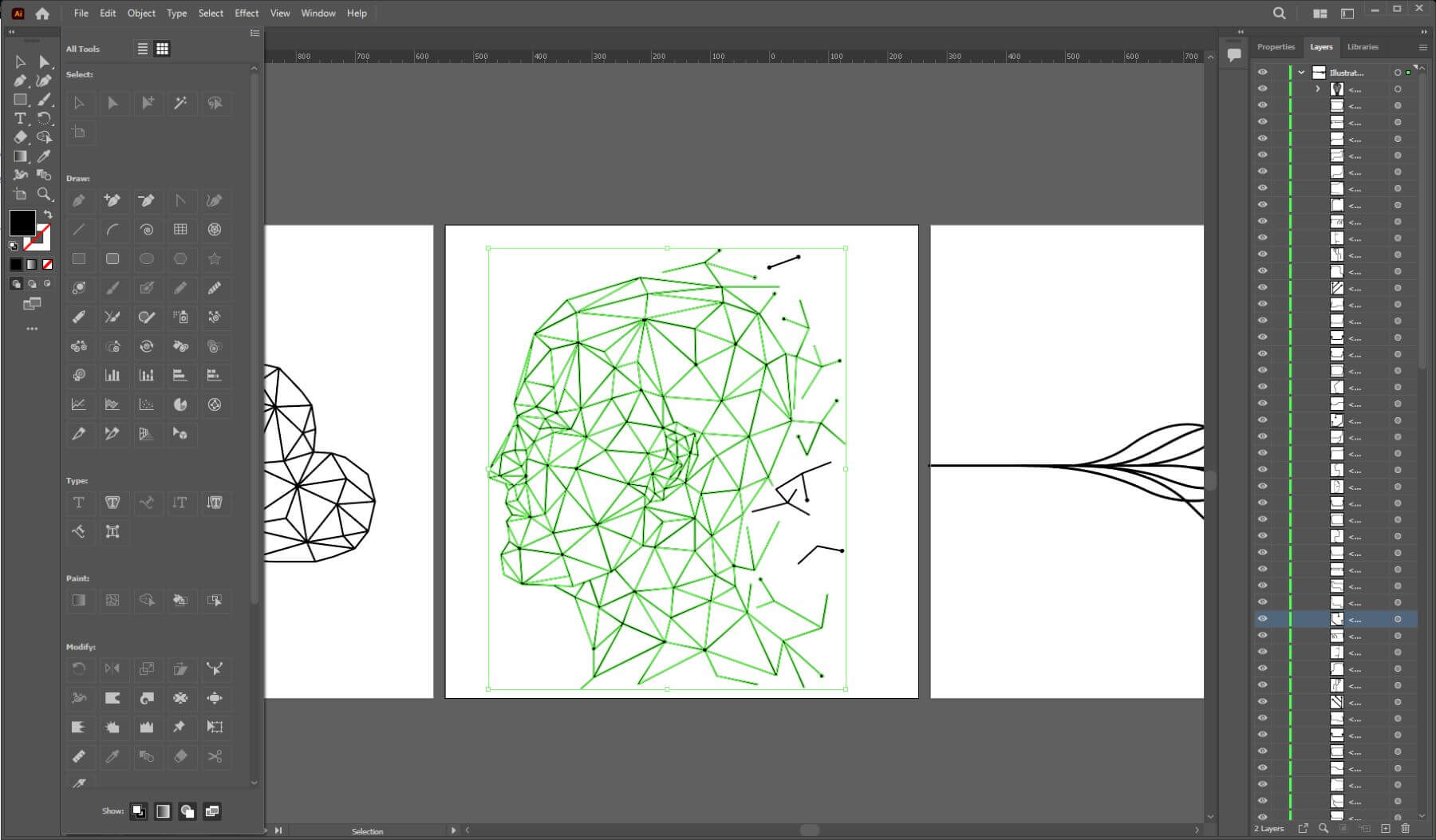
A standout feature is its compatibility with digital graphic tablets, replicating the experience of creating physical art. Initially, industry pioneers frequently used Adobe Illustrator in their early careers. This is why it’s a preferred choice for all kinds of print and digital art. Moreover, most modern printing hardware supports its file formats. It’s an unparalleled option for designing fonts and logos.
Key Features of Adobe Illustrator
- Advanced tools for vector graphic design and manipulation
- CMYK grading & EPS support
- Prompt-driven color generation
- Cross-device compatibility
- Voiceover tool integration
- Advanced exporting options
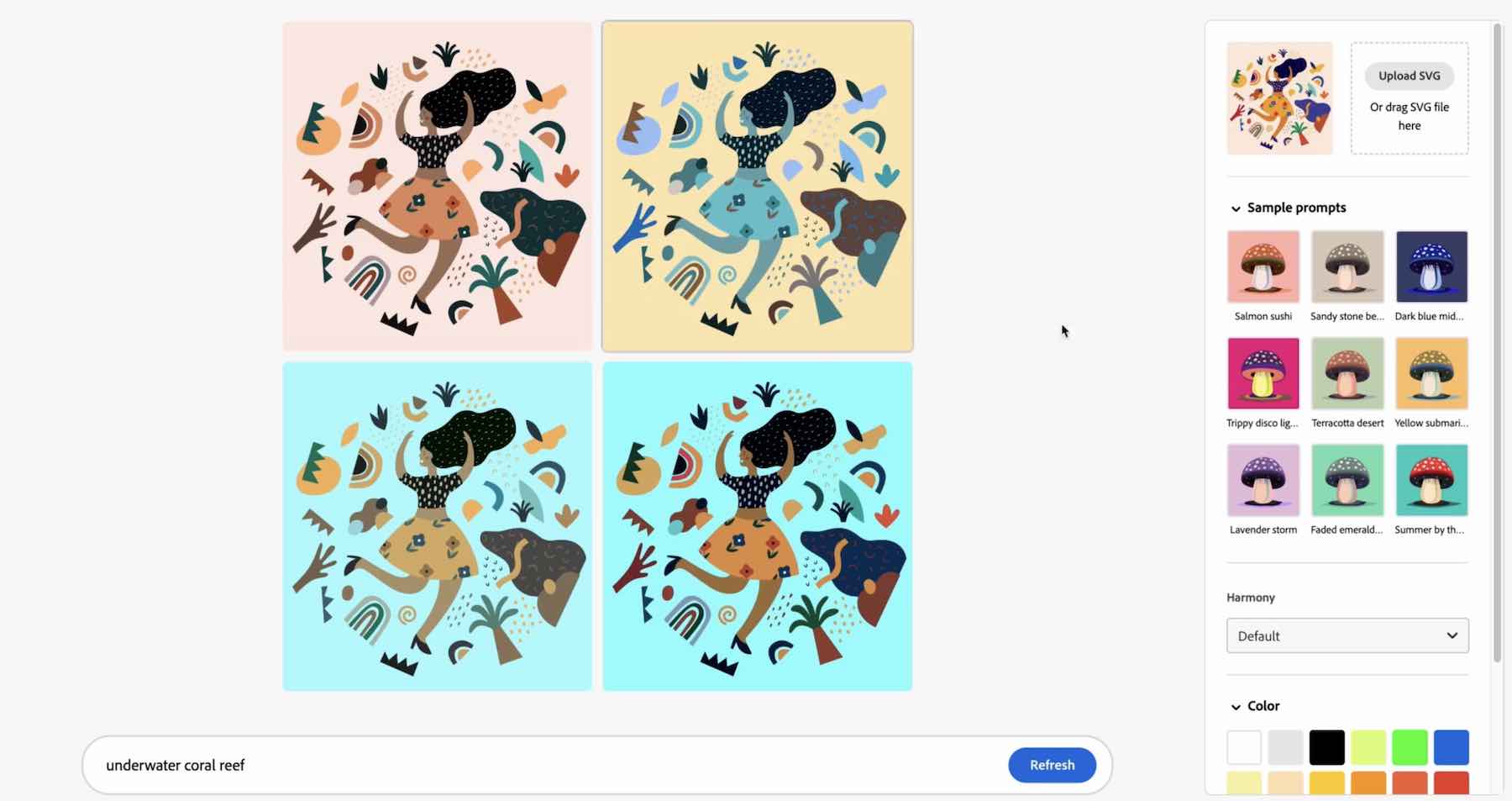
Adobe Illustrator’s unique AI-powered generative recolor feature allows users to input text prompts. For instance, you can input “warm summer colors” and receive several palette suggestions. This significantly streamlines the color adjustment process.
Best For: Adobe Illustrator is the go-to for graphic designers, illustrators, and creative professionals hungry for pixel-perfect precision. It’s your canvas for vector-based artwork, logo design, and intricate illustrations. It’s also for those diving into typography, icon creation, and even simple sketches. Whether you’re a freelancer aiming to impress clients or an agency crafting brand identities, this tool elevates your design game to gallery-worthy heights.
Pricing: Starts from $20.99/mo or $54.99/mo for all Creative Cloud Apps
2. Adobe Photoshop
Adobe Photoshop stands as the premier choice in the realm of photo editing and manipulation software. It boasts a comprehensive editing tool suite that empowers users to create digital art with a broad range of applications. Photoshop has similar capabilities to Illustrator, but one that sets it apart is its editing capabilities, especially when it comes to images.
When it comes to image refinement, Photoshop stands unrivaled. It is set apart due to its unique nondestructive editing capabilities, combined with countless graphic design tools limited only by one’s imagination. Its extensive features and algorithms make it ideal for those who demand precision and versatility in their work.
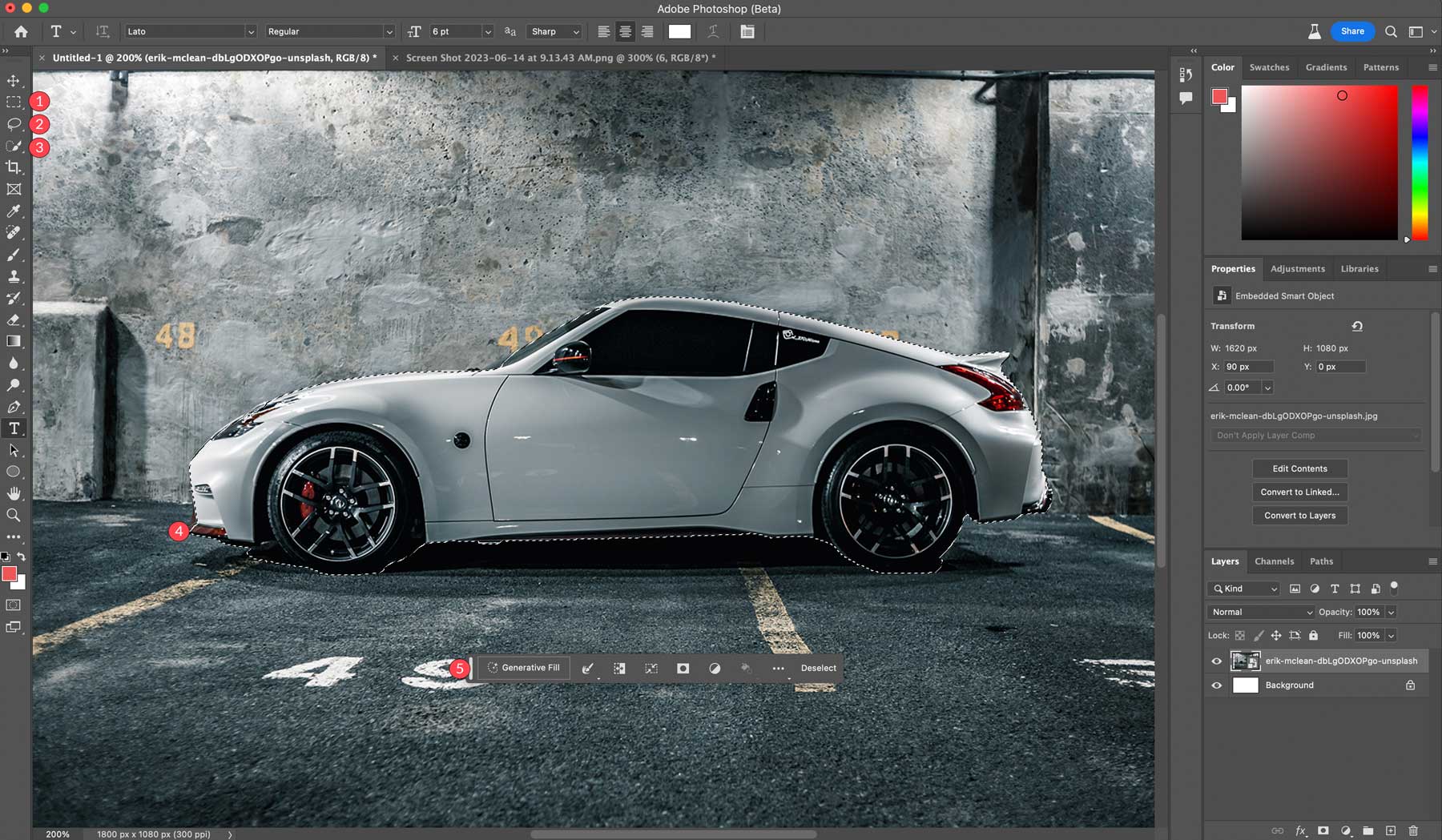
With the recent integration of Adobe Firefly, its Generative Fill and Expand feature utilizes Artificial Intelligence to enhance and expand designs based on text prompts. This functionality proves especially advantageous for stock photography vendors, reducing their reliance on stock photos and mitigating potential copyright concerns. One can simply select a portion of the image and, with one simple prompt, generate stunning additions to enhance an image.
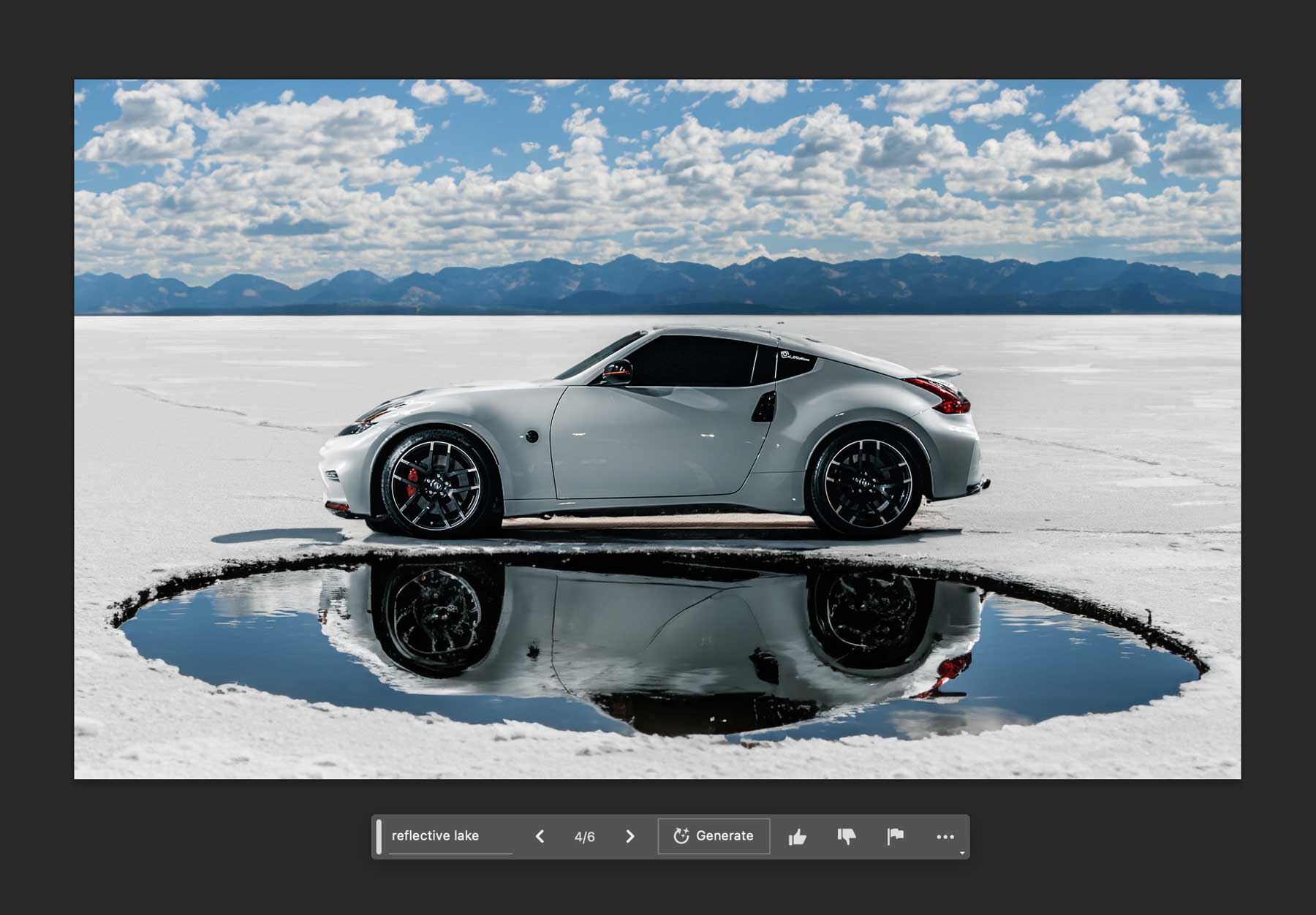
Photographers and social media influencers rely on this tool for its exceptional background removal, image enhancement, and portrait retouching capabilities. Many anticipate that these capabilities will revolutionize the industry.
Key Features of Adobe Photoshop:
- Powerful AI photo editing tools for image enhancement, upscaling, and more.
- Professional tools for photo and text editing.
- Lens distortion correction
- Advanced filters and color adjustments
- Automated actions
- Batch image processing
- Cinematic color LUTs
- Puppet Warp manipulation
Best Suited For: Adobe Photoshop is a cornerstone product for photographers, graphic designers, and digital artists. It excels in photo editing, retouching, and manipulation. Whether you’re a seasoned pro or a budding creative, this tool offers a suite of features that can transform your work from mundane to mesmerizing. Plus, its new AI features are well worth it.
Pricing: Starts at $20.99/mo or $54.99/mo for all Creative Cloud Apps
3. CorelDraw Graphics Suite
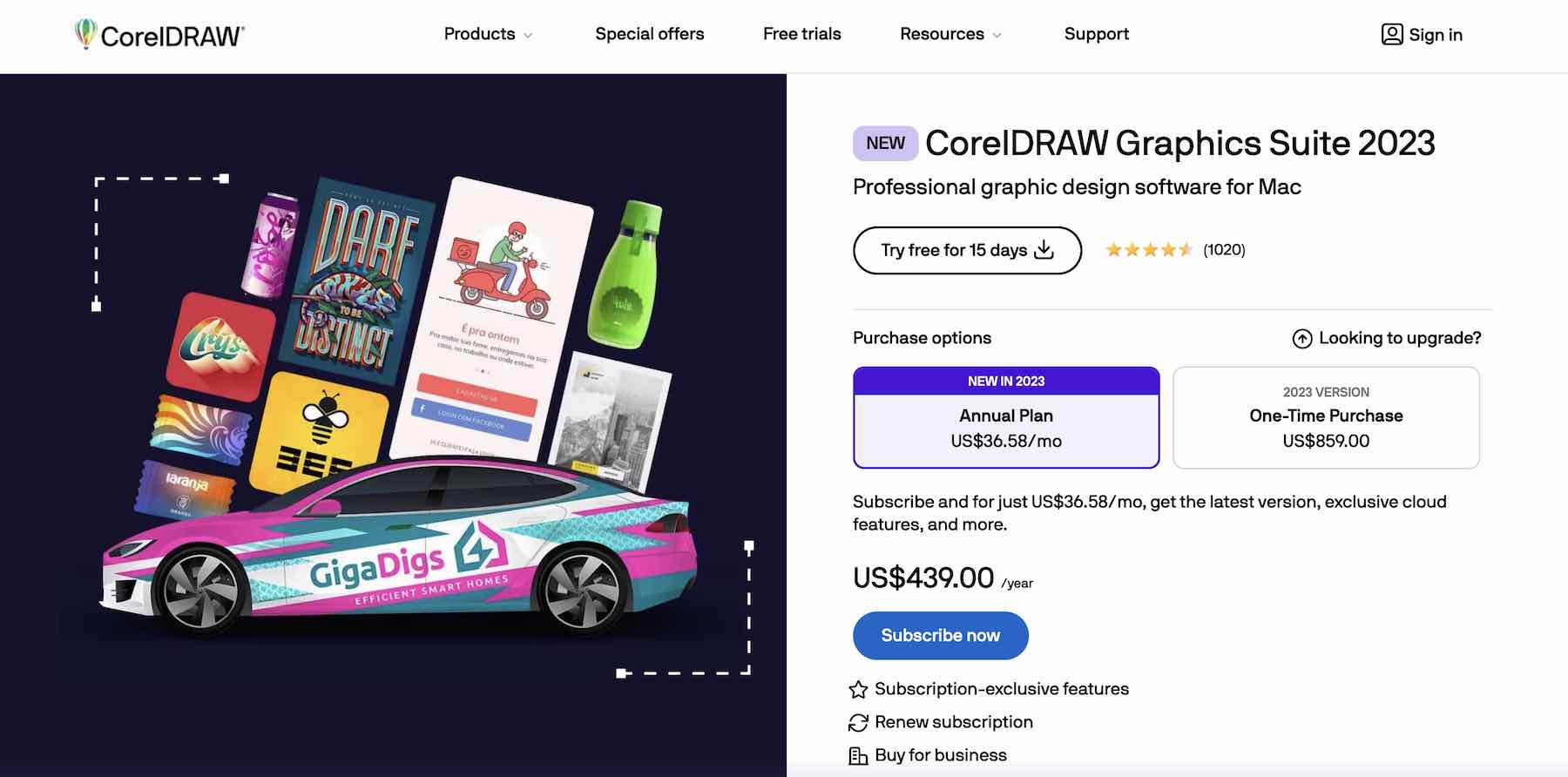
Once a rival to Adobe Illustrator, CorelDRAW is still considered one of the best full-featured graphic design editors. It specializes in vector illustration and page layouts, making it a versatile solution for digital and print designs. It comes with a suite of tools you can use to add more powerful features for editing photography and typography. You can use CorelDRAW Graphics Suite on all major computer platforms, including Windows, Mac, Web, and iPad.
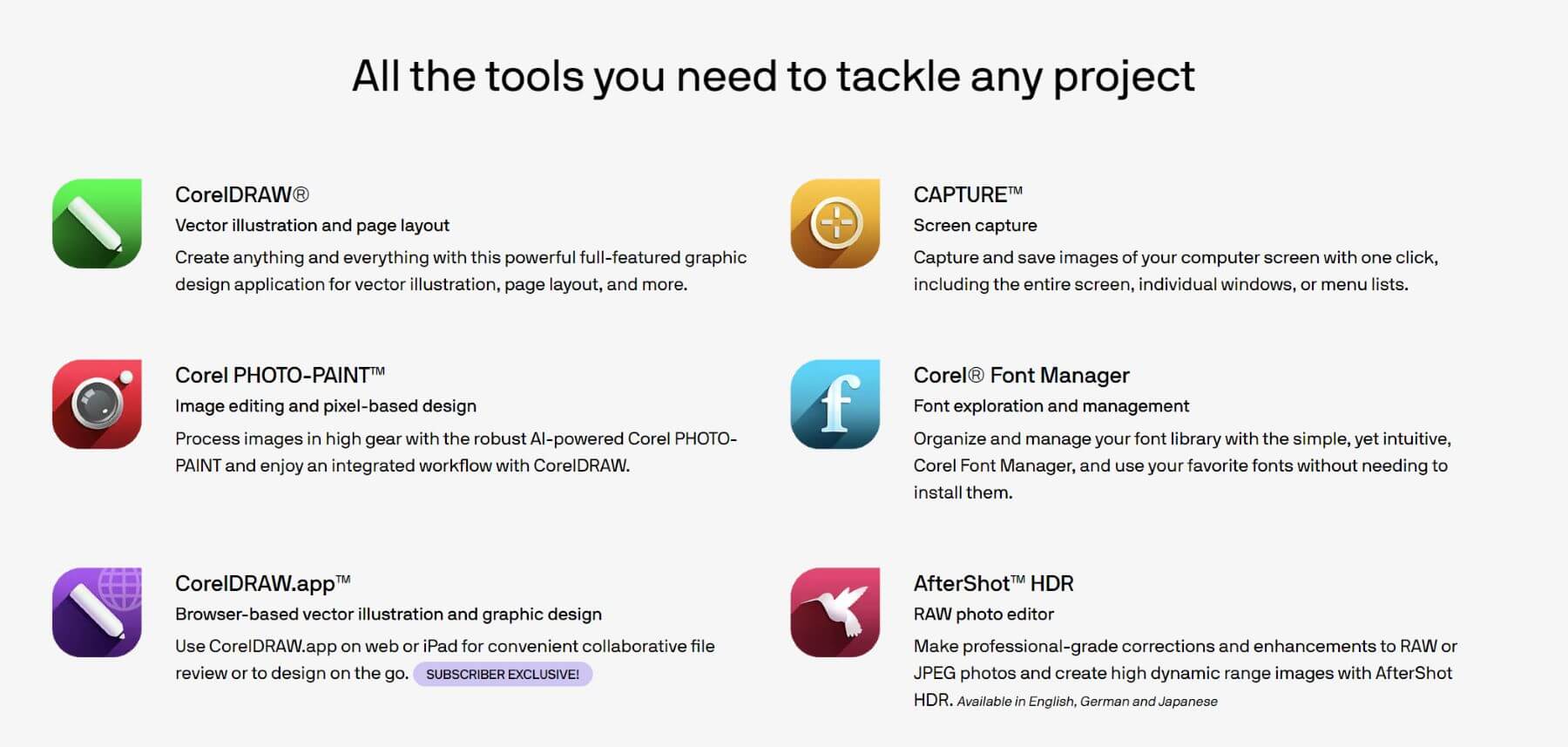
You can also take advantage of CorelDRAW.app for real-time collaboration with your clients and team. Overall, CorelDRAW is great for beginners interested in illustration and vector graphics.
Key Features of CorelDraw
- Offers a powerful suite of tools for editing graphics, images, and more.
- Supports a vast array of file formats
- Includes advanced typography tools and access to Google Fonts
- Optimized tools for web design and print production
- Third-party plugin compatibility
- Works on Windows and Mac
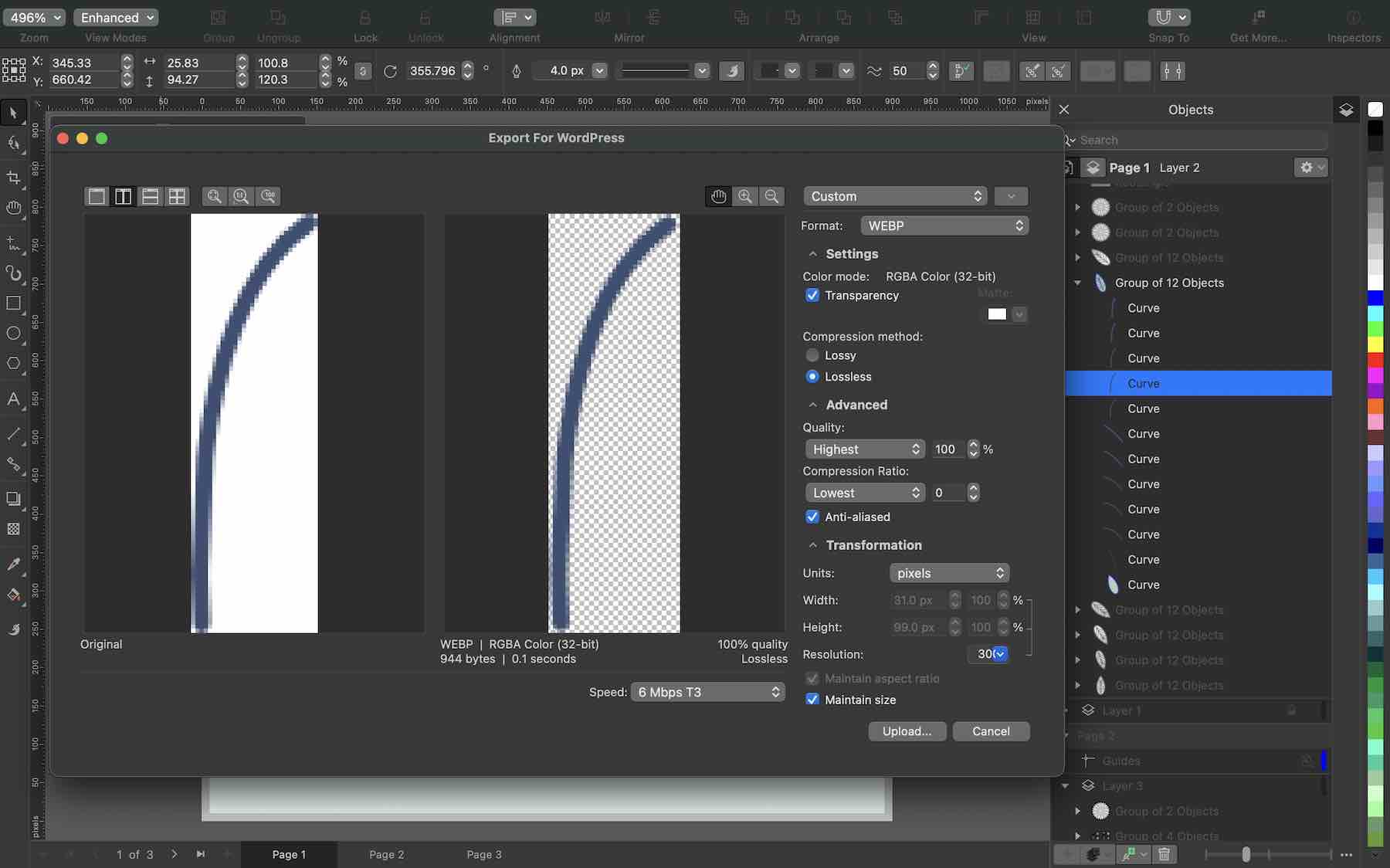
Historically, CorelDRAW has been an industry standard due to its extensive file format support. Its versatile file support is especially beneficial for professionals collaborating with various vendors. Web designers will appreciate the support of WEBP file format, which is the new standard for image optimization for the web.
Best For: CorelDRAW is designed for graphic designers, small business owners, and print professionals. It’s a versatile vector illustration, layout design, and photo editing tool. CorelDRAW is particularly strong in the realm of print projects, offering specialized features for brochures, signage, and merchandise design. Whether you’re creating marketing materials or developing a brand identity, CorelDRAW offers a comprehensive set of tools to bring your vision to life.
Pricing: Subscription pricing at $22.42/mo (paid yearly) or LTD at $549
4. Adobe InDesign
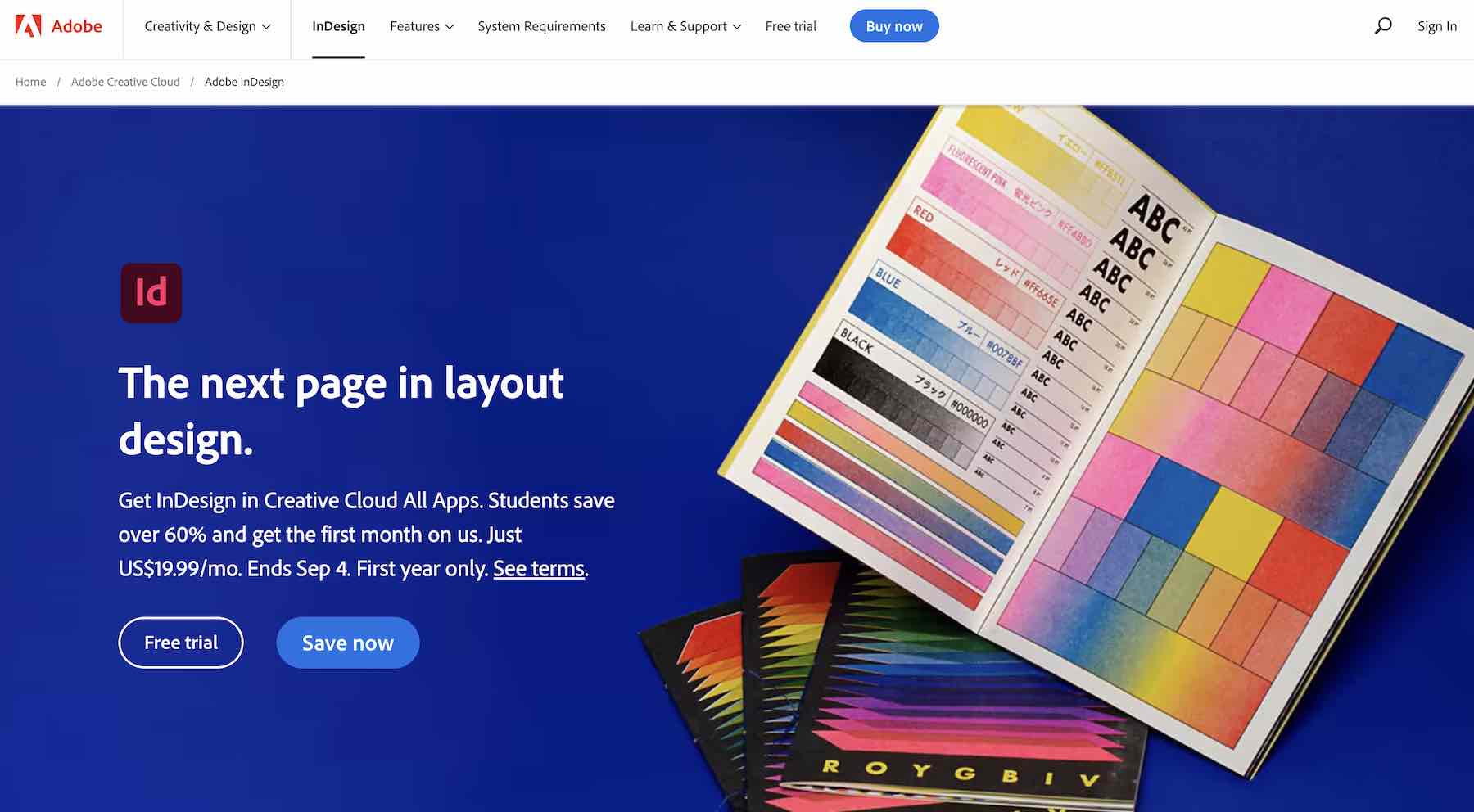
Adobe InDesign is the indisputable leader when it comes to producing print media. It is purposely designed for text-centric projects, including magazines, newspapers, and books. It provides designers with unparalleled flexibility in arranging texts around graphics to create stunning layouts with precision.
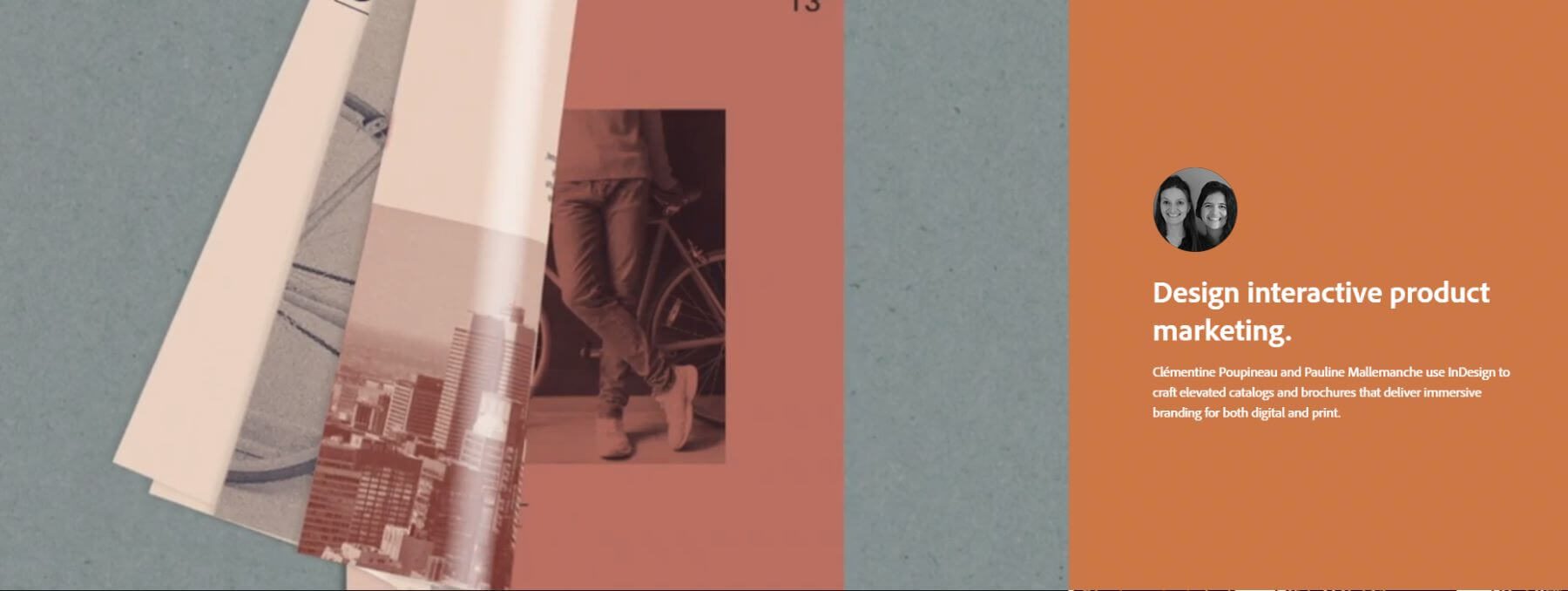
InDesign is an ideal solution for branding because of its unique interactive features. You can add immersive elements to your design that can wow clients with an elevated presentation of their brand assets. For example, you can add animation that opens and flips through a brochure or magazine you designed.
Key Features of Adobe InDesign
- Seamless integration with Adobe Creative Cloud for easy file access and sharing
- Precision layout & design control for professional print media designs and branding
- Pre-made templates to jumpstart your projects and keep them consistent
- Advanced typography tools
- Collaboration features for sharing designs with your team for feedback
- Interactive PDF & eBook design elements like dynamic bookmarks
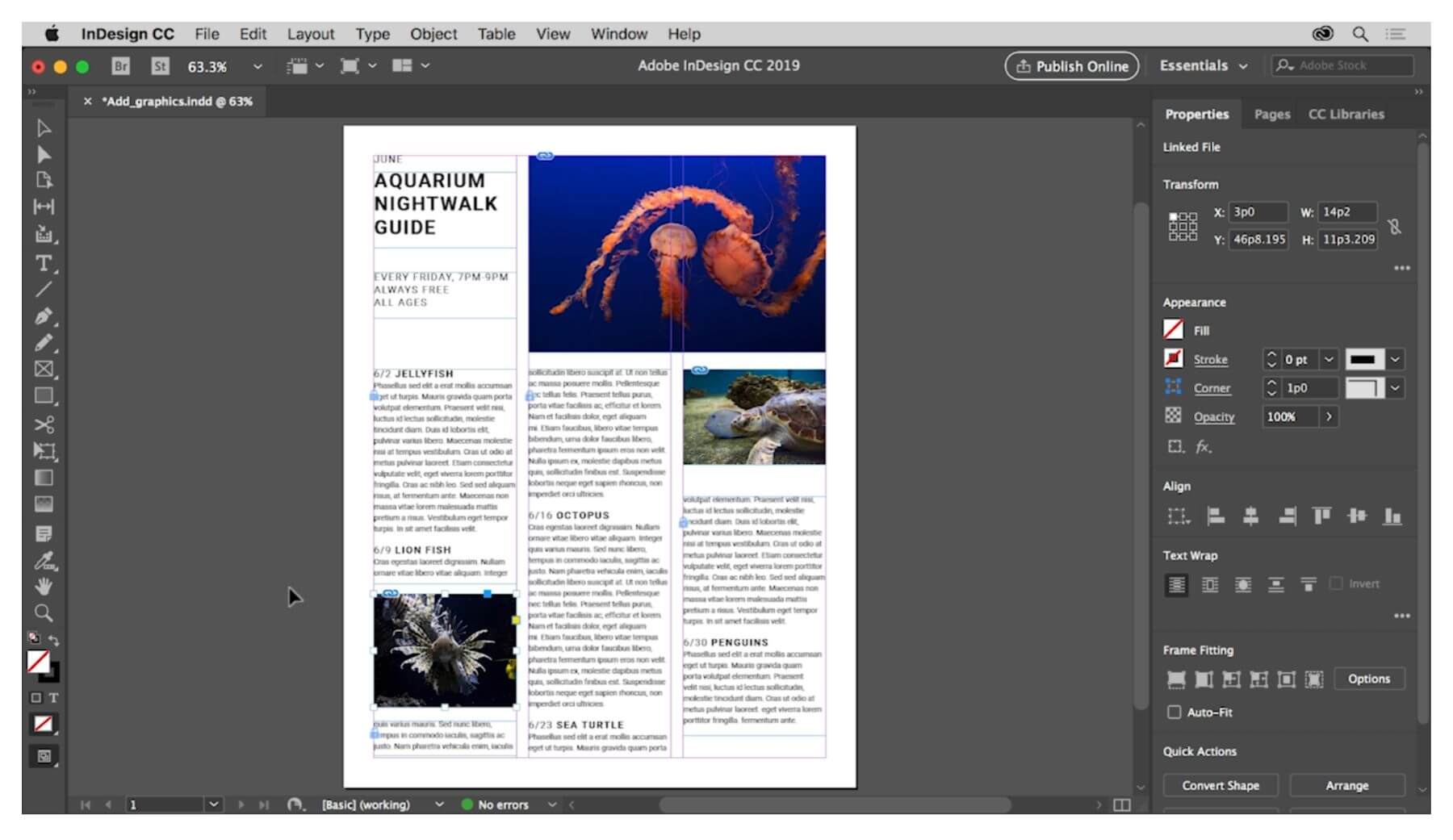
When designing a newspaper layout, magazine, or book, InDesign makes it easy to add and organize graphics within your text layouts in creative ways throughout. You can split text into columns or wrap text around images to create unique advertising banners. You can even use dummy text to fill up the layout initially to understand what it would look like and then place the actual content.
Best For: Adobe InDesign is tailored for layout designers, publishers, and print professionals. It’s the industry standard for creating multi-page documents like magazines, brochures, and eBooks. The tool also shines in typesetting, offering precise control over text, images, and complex layouts. Whether you’re assembling a product catalog or crafting an interactive PDF, InDesign provides the tools to make your vision a printed reality.
Pricing: Starts at $20.99/mo or $54.99/mo for all Creative Cloud Apps
5. GIMP
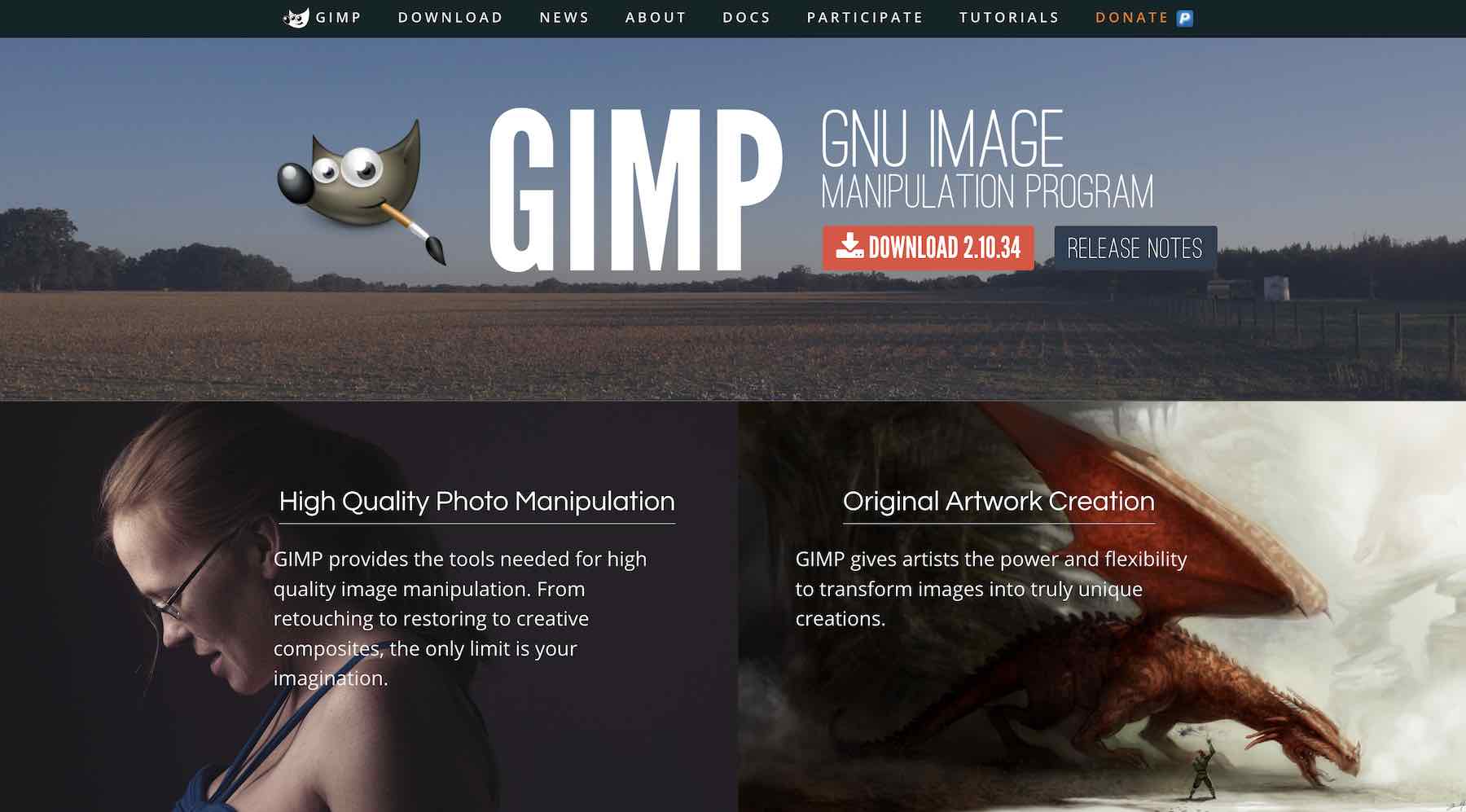
GIMP is the best graphic design software for Linux-based operating system users. However, it’s available for all major platforms, including Windows and Mac OS. As a free, open-source solution, it offers a comprehensive range of photo editing and 2D art creation tools.
Compared to Adobe’s tools, GIMP is lightweight and resource-efficient. Initially designed for photo manipulation, GIMP excels with RGB or raster graphics but lacks native CMYK support, making it less suitable for print designs.
Key Features of GIMP
- Diverse exporting support
- Open-Source & free
- Native Linux support
- Customizable docking interface
- Script-Fu scripting for automation
- GEGL integration
- Free plugin ecosystem
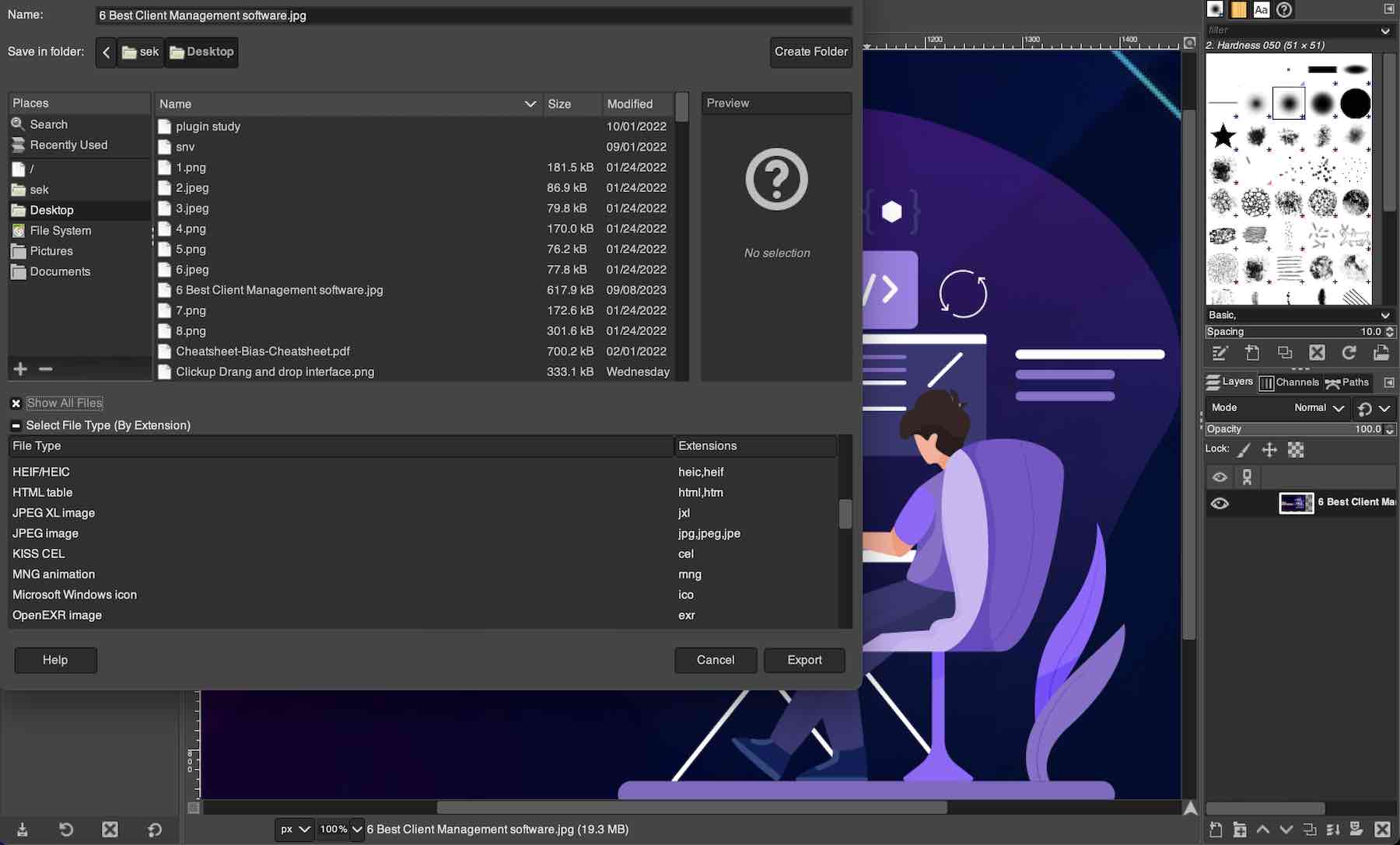
GIMP has a wide range of file type support when exporting images, vectors, and documents. It lets you save your work in jpg, jpeg, HTML, HEIC, PDF, and all the major formats you might imagine. This adds great flexibility in using and sharing your work with vendors.
Best For: GIMP is a solid choice for budget-conscious graphic designers, photographers, and digital artists. It offers a range of features comparable to paid alternatives like Adobe Photoshop, from photo retouching to graphic design and text editing. Its affordability makes it accessible for freelancers, small businesses, or anyone just starting their creative journey. While it may lack some of the polished features of its premium counterparts, GIMP holds its own as a powerful, cost-effective solution for your editing needs.
Pricing: Free
6. Affinity Designer 2
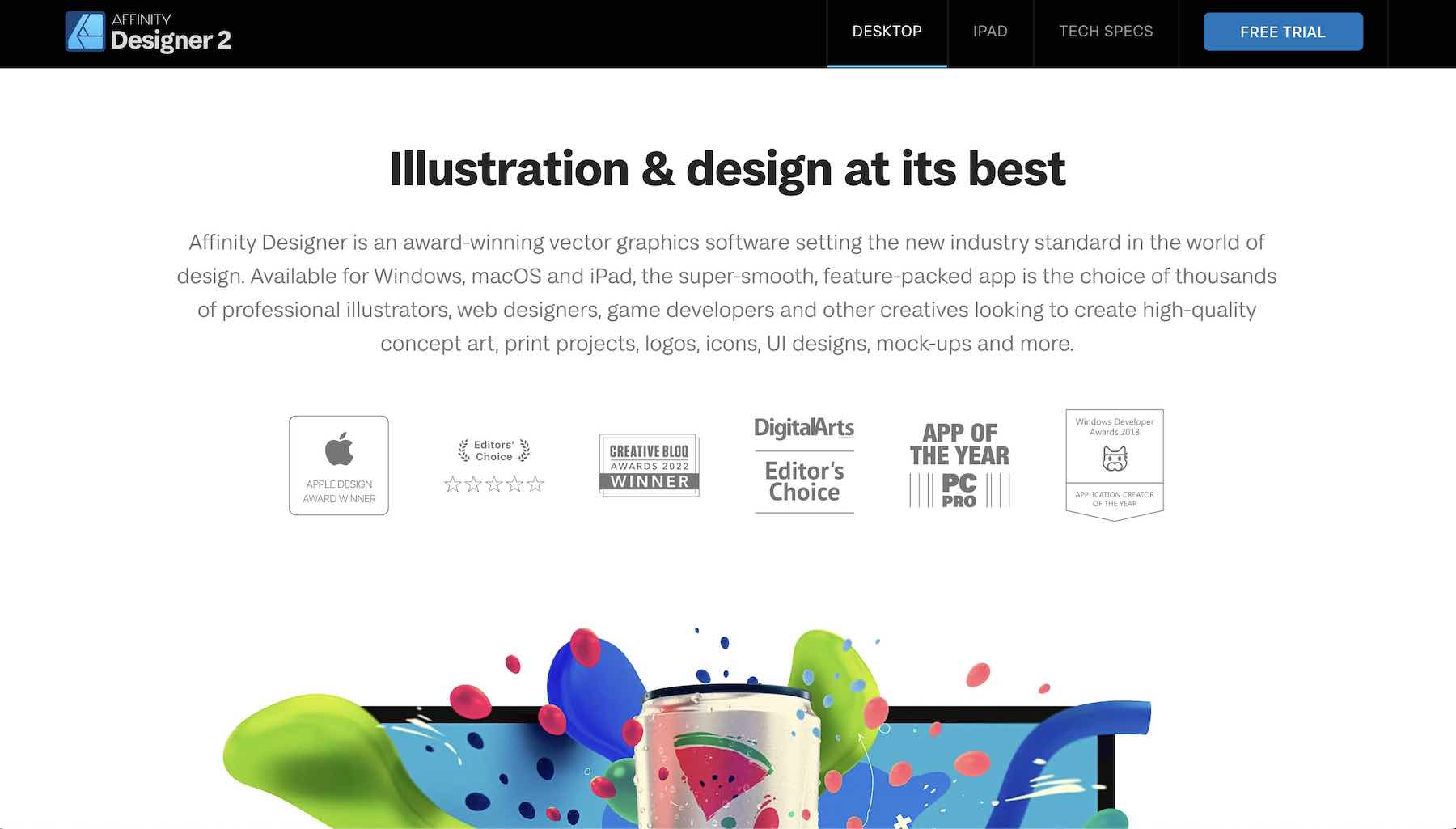
Need a budget-friendly design tool? Consider Affinity Designer. With a single payment, it offers everything you might need. Businesses of any size and freelancers can benefit from it. This tool handles both vector and raster graphics. Plus, it can open and export various file types like PSD, SVG, EPS, and PDF.
Affinity Designer is known for its efficient performance on all devices, especially the iPad. Because of its universal file format, you can jot down notes, receive feedback, and keep designing seamlessly.
Key Features of Affinity Designer
- Combined vector and raster features
- Cost-effective
- Support across multiple platforms
- Compatibility with various file types
- Exceptional zoom capability
- Low resource usage
- Adaptable workspace
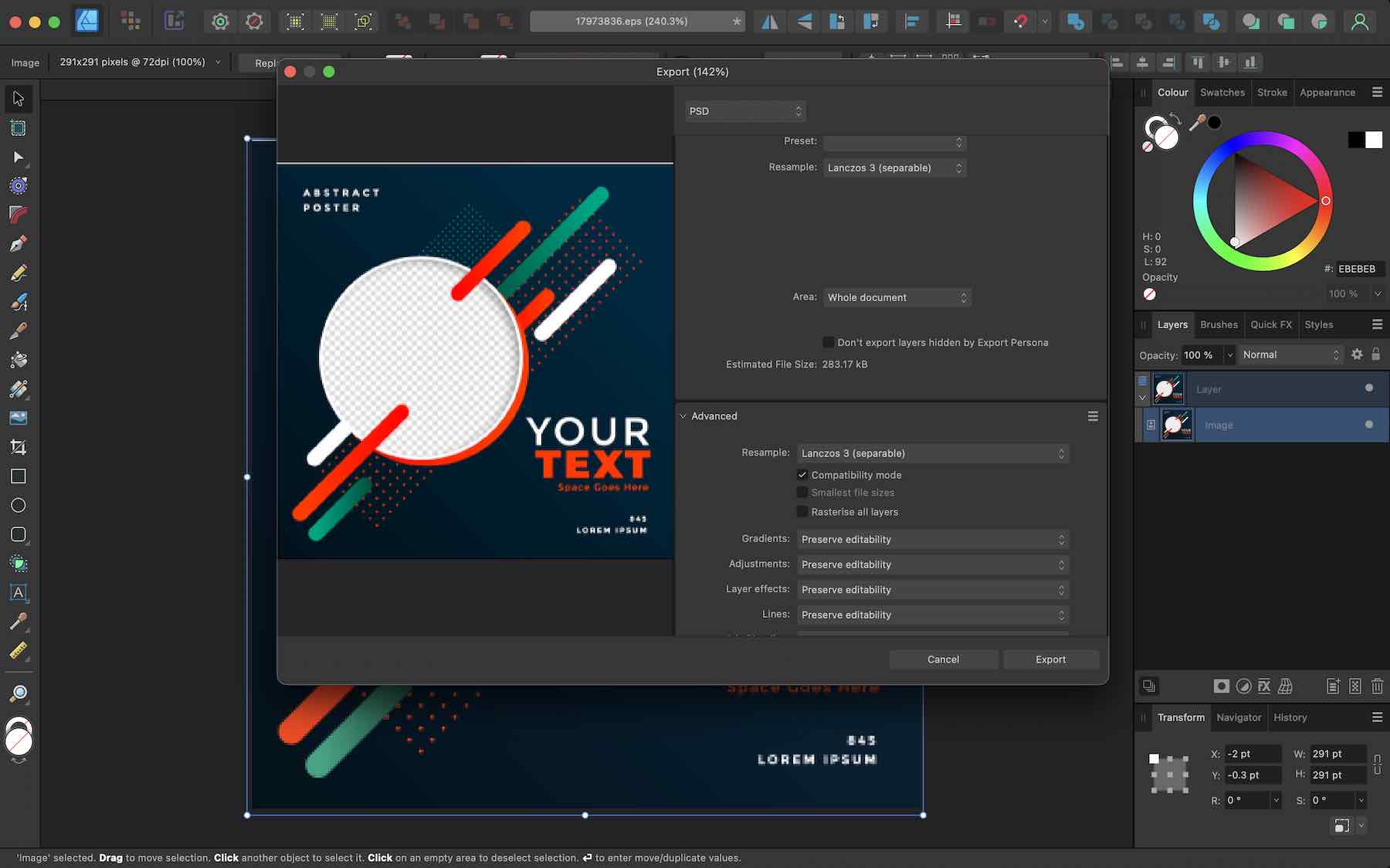
A standout feature of Affinity Designer is its ability to transition between vector and raster workspaces within a single environment. Hence, this blend provides unmatched creative freedom, enabling the production of stunning digital art.
Best For: Affinity Designer is a prime pick for graphic designers, illustrators, and web creators who crave quality without the recurring price tag. With a one-time payment, it stands as an affordable alternative to subscription-based giants like Adobe Illustrator. The tool excels in vector design, raster art, and even hybrid projects. It offers a robust set of features that can go toe-to-toe with similar tools, making it a compelling choice for professionals and hobbyists alike. Whether you’re crafting logos or exploring digital art, Affinity Designer delivers without draining your wallet.
Pricing: One-time payment of $69.99
7. Affinity Photo 2
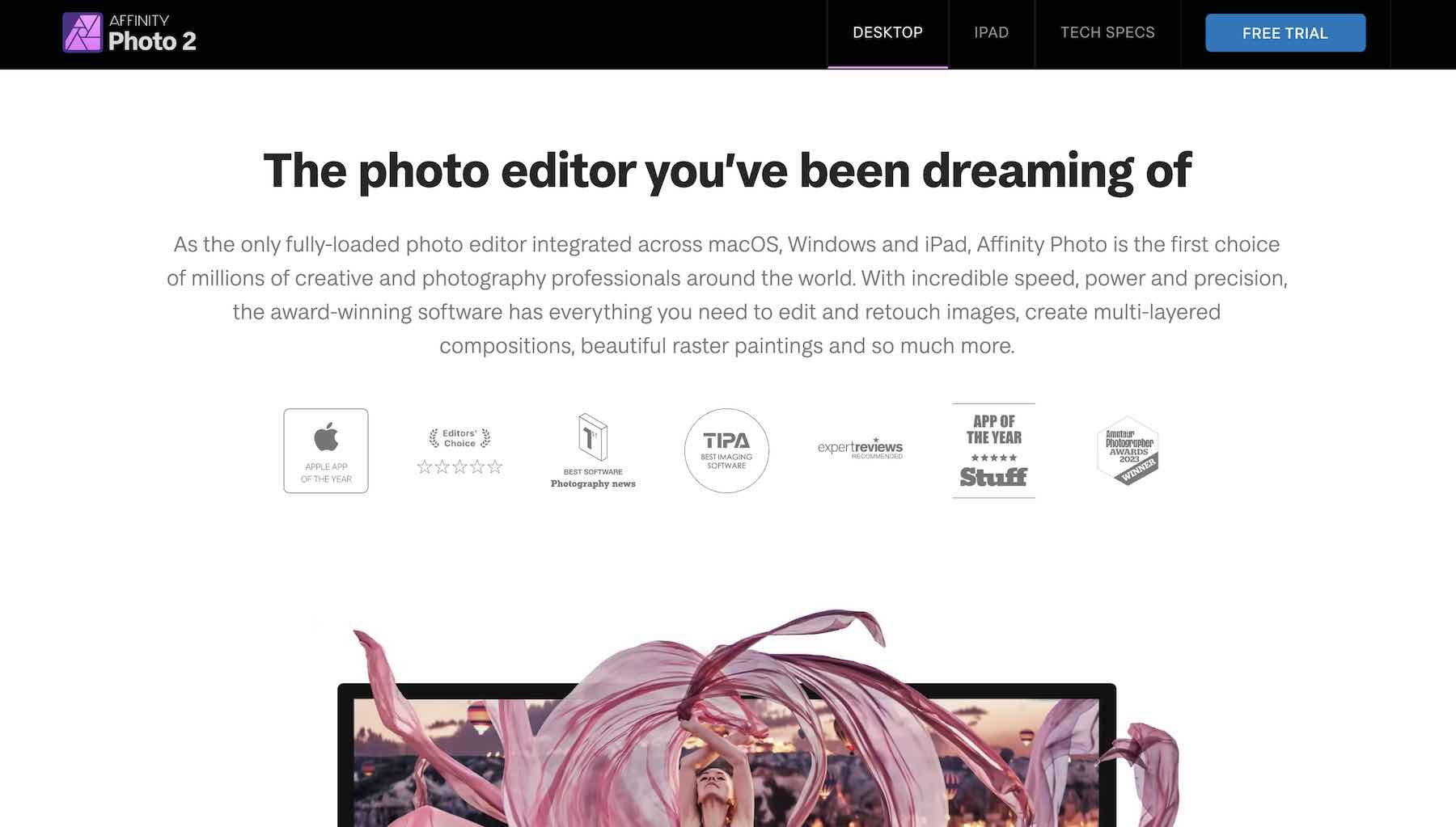
Affinity Photo is a prime choice for those seeking an affordable alternative to Adobe Photoshop or a dedicated raster graphics editor. It is efficient and precise, even with few resources. Users can easily edit photos and work with layers. They can also create beautiful raster paintings. So, it’s a popular choice for many.
Key Features of Affinity Photo
- RAW image processing, including Adobe DNG support
- Combining multiple exposures into a single HDR image
- Panorama stitching
- Third-party plugin compatibility
- High-end retouching capabilities
- Focus stacking
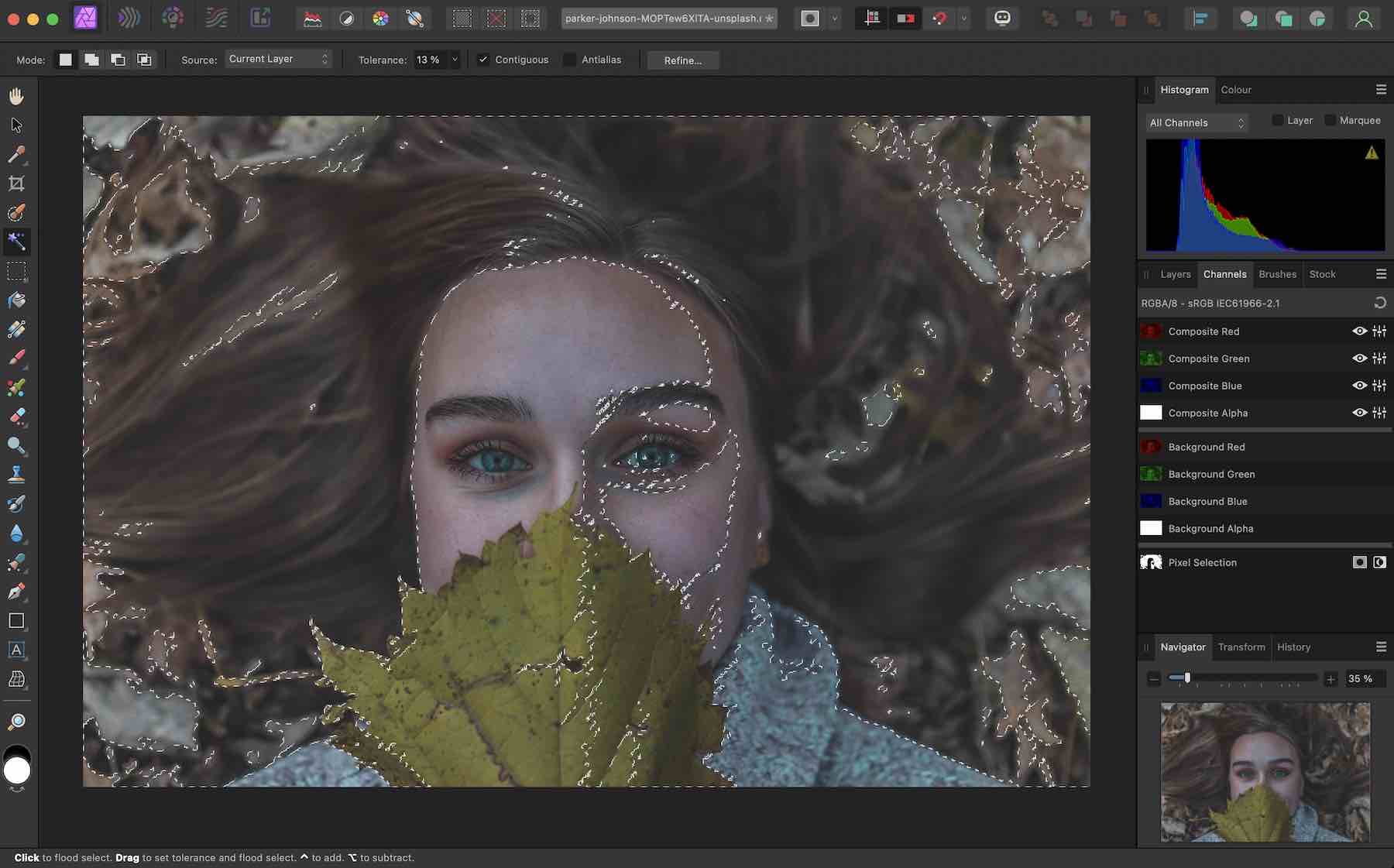
Support for RAW and DNG file formats allows photographers to maintain the original, unprocessed data from their camera sensors. Therefore, it ensures enhanced image quality and fully uses Affinity Photo’s features.
Best For: Affinity Photo is a top choice for photographers, graphic designers, and retouching artists who are budget-conscious but unwilling to compromise on quality. The tool excels in photo editing, manipulation, and retouching, offering a feature set that rivals more expensive options like Adobe Photoshop. A one-time payment provides an affordable yet powerful solution for those looking to elevate their visual projects without recurring costs. Whether you’re editing RAW files or creating complex composites, Affinity Photo has the tools to make your work shine.
Pricing: One-time payment at $69.99
8. Pixlr
Pixlr shines as a go-to web-oriented solution for photo editing and graphic design. With its platform-neutral focus, users can utilize its vast collection of editing tools from any device via a modern web browser. What’s more, Pixlr offers a design library filled with templates, icons, and fonts tailored for fundamental photo manipulation and editing tasks. Its AI-driven tool skillfully removes backgrounds, while the AI-created image feature requires additional refinement for improved input and result generation.
Key Features of Pixlr
- Preserved layer and history functionality
- Comprehensive photo editing and manipulation tools
- AI-driven image generation and background removal
- Support for most major file types, including PSD
- Integrated stock library
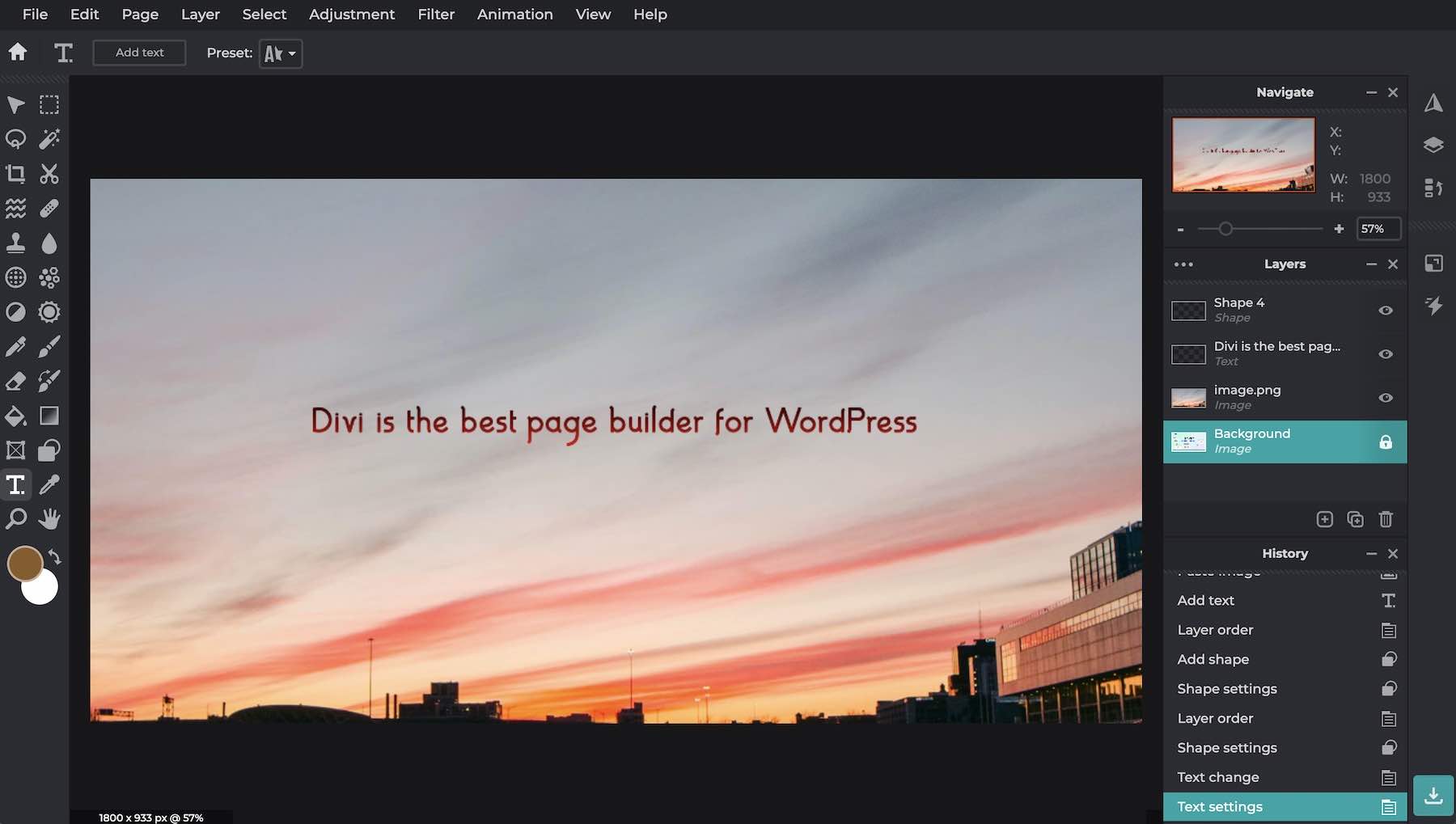
Pixlr’s layer tool and history saving work much like what you see in Adobe Photoshop and Affinity Photo. In the same way, it lets you quickly apply effects and choose elements, making it simple to compare changes. It’s a speedy and advanced tool, ideal for quick edits and touch-ups.
Best For: Pixlr is perfect for beginners, social media managers, and casual users seeking quick photo edits without the steep learning curve. The tool offers basic to moderate photo editing capabilities, from cropping and filters to more advanced tasks like layering. It’s web-based, making it easily accessible without downloading or installing. While it may not replace professional-grade software for complex projects, Pixlr serves as a convenient, user-friendly option for straightforward editing tasks.
Pricing: Free, with paid plans starting at $1.99/mo
9. Sketch
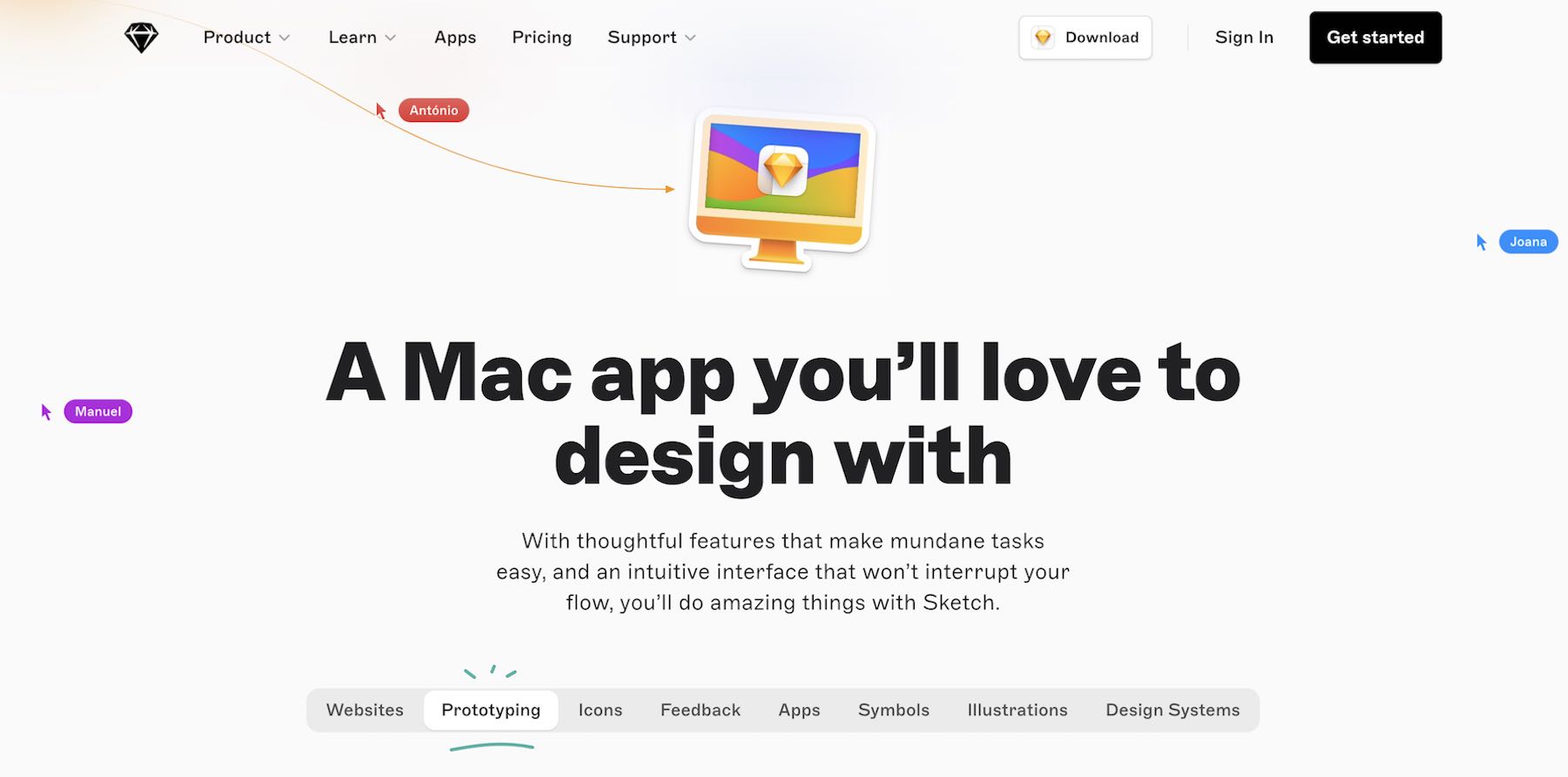
Sketch is mainly crafted for web and mobile designs but is also great for vector graphics. Interestingly, their homepage highlights it as a Mac app for designers, while others can view and comment from any browser. Before Figma’s rise, Sketch was the go-to for web design and prototyping. Additionally, it has plugins that make sharing designs easy and allow developers to see related CSS.
Key Features of Sketch
- Almost 2,000 extensions and plugins
- Support for multiple artboards
- Developer-centric exports
- Cloud collaboration capabilities
- Shared design libraries
- Integrated prototyping tools
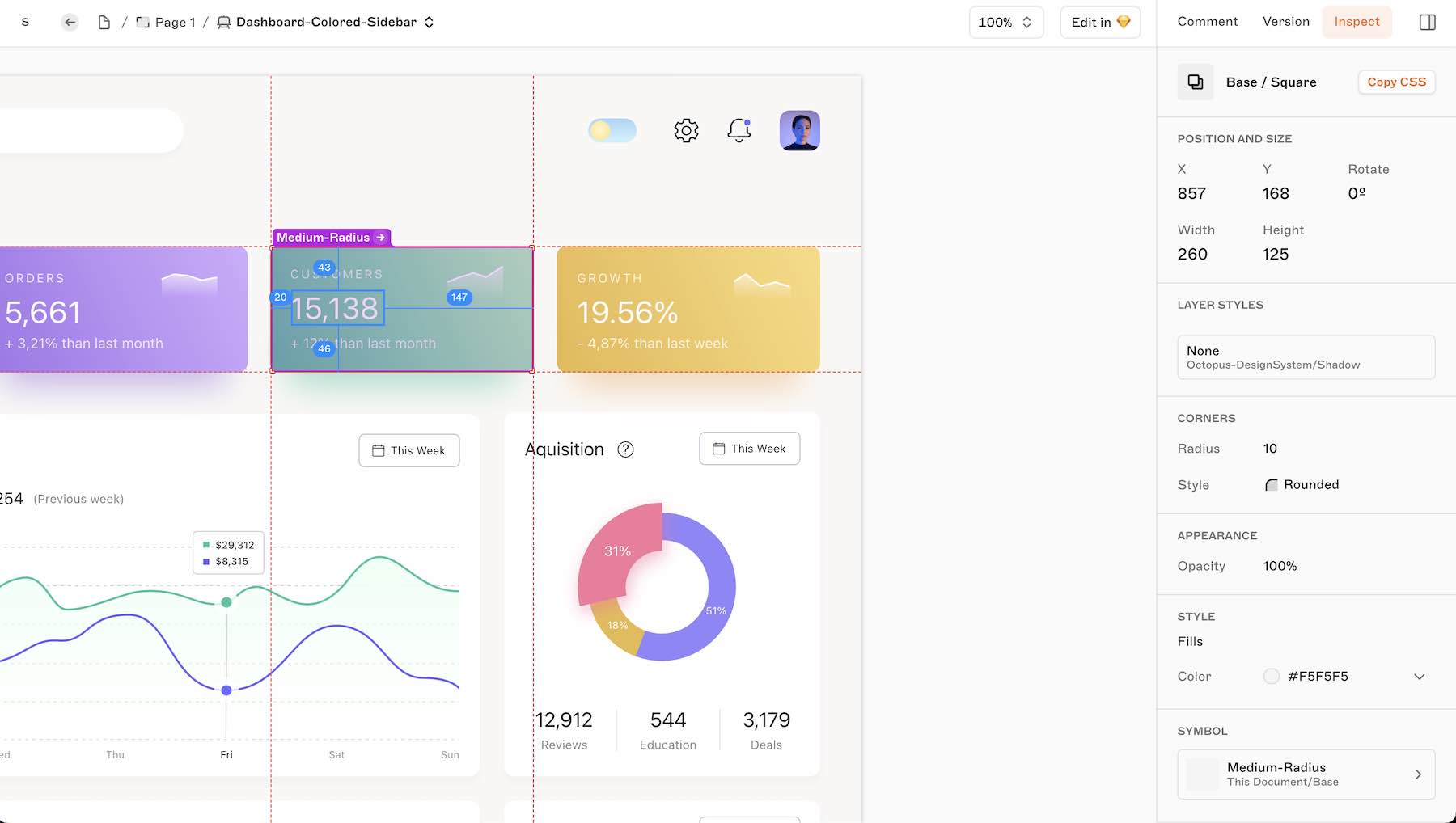
Zeplin, a once-popular plugin for sharing designs with developers, has become an integrated feature in Sketch. Additionally, the platform offers thousands of other useful plugins, including Unsplash integration and accessibility and colorblindness checkers.
Best For: Sketch is tailored for UI/UX designers, web developers, and product designers focused on digital interfaces. The tool specializes in vector-based design, making it ideal for creating user interfaces, wireframes, and prototypes. With features like Symbols and Shared Styles, Sketch streamlines the design process, allowing for easy collaboration and consistency across projects. If you’re in the business of crafting digital experiences, Sketch offers the specialized tools to make your designs intuitive and visually compelling.
Pricing: Paid plans starting at $12/mo
10. Figma
Figma has emerged as a top-notch tool for graphic design, boasting an intuitive interface that particularly shines in web and app design projects. It has garnered favor among web designers and UI and UX experts for its prototyping capabilities but is also versatile to handle photo editing as well. Additionally, it boasts a robust and active community that frequently shares UI Kits and a host of other resources.
Figma also makes migrating design elements across platforms a breeze. You can effortlessly duplicate CSS code and apply it to your own app or website!
Key Features of Figma
- Reusable components and styles
- Live collaboration features
- Cloud-first design approach
- Prototyping for various devices
- Offline design accessibility
- Automatic versioning
- Developer mode
- Integration with brainstorming tools
- Vast community, resources, and plugins
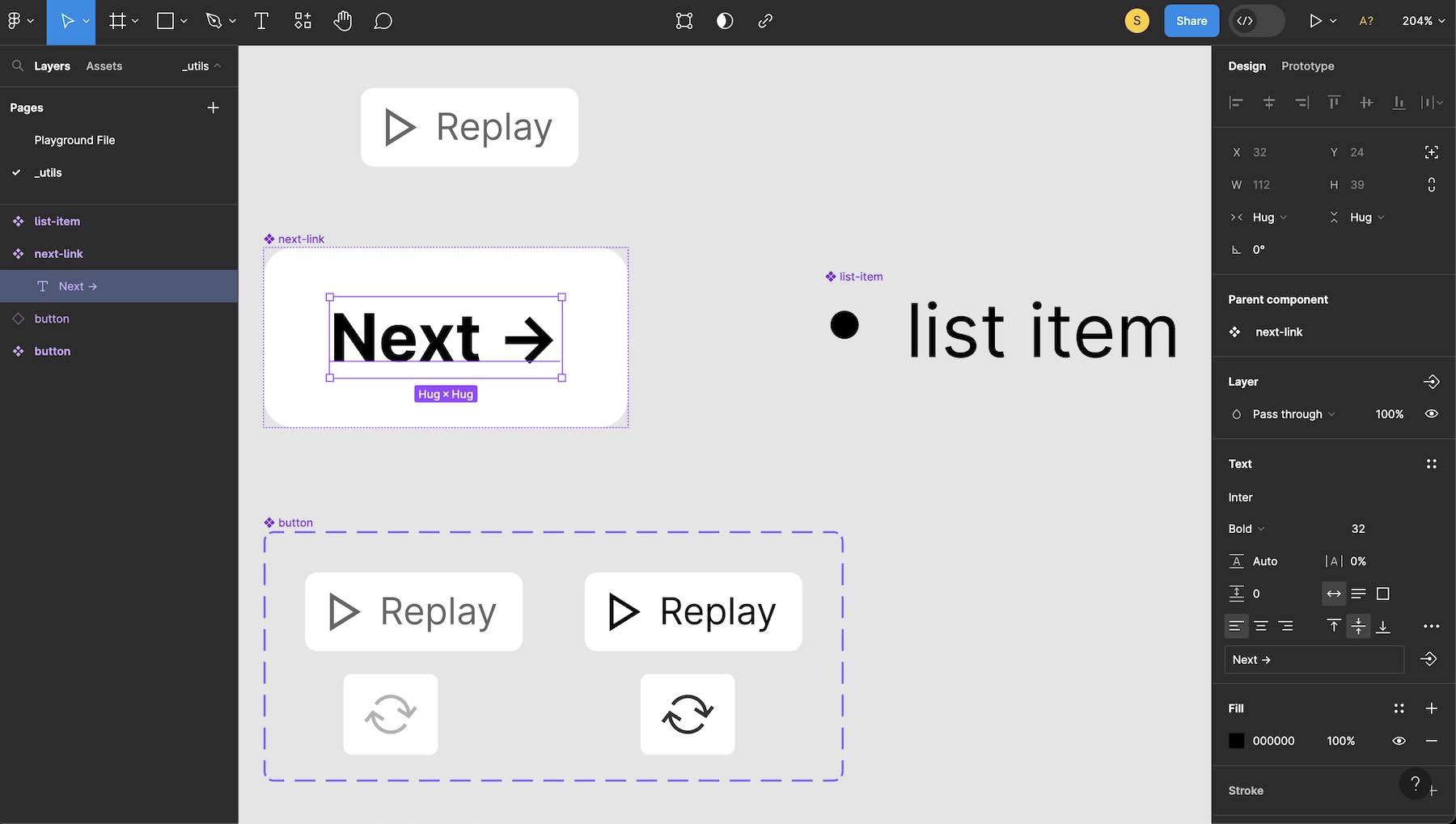
Figma components are truly a lifesaver for designers. If you start your design with a design system built with components, the chances of making mistakes become very low. Because everything will be aligned with the central design system, and every button and font will have the same height, margin, and padding. This would also save time on revisions while adding new features.
Best For: Figma is engineered for UI/UX designers, product teams, and collaborative creatives. The platform excels in real-time design and prototyping, offering a cloud-based solution that enables seamless teamwork. It’s a one-stop shop for creating user interfaces, wireframes, and interactive prototypes, with the added bonus of in-app commenting and version history. Figma is your go-to tool if you’re part of a dynamic team that values real-time collaboration and design consistency.
Price: Free version is available, with the Pro version starting at $15/mo
11. Canva
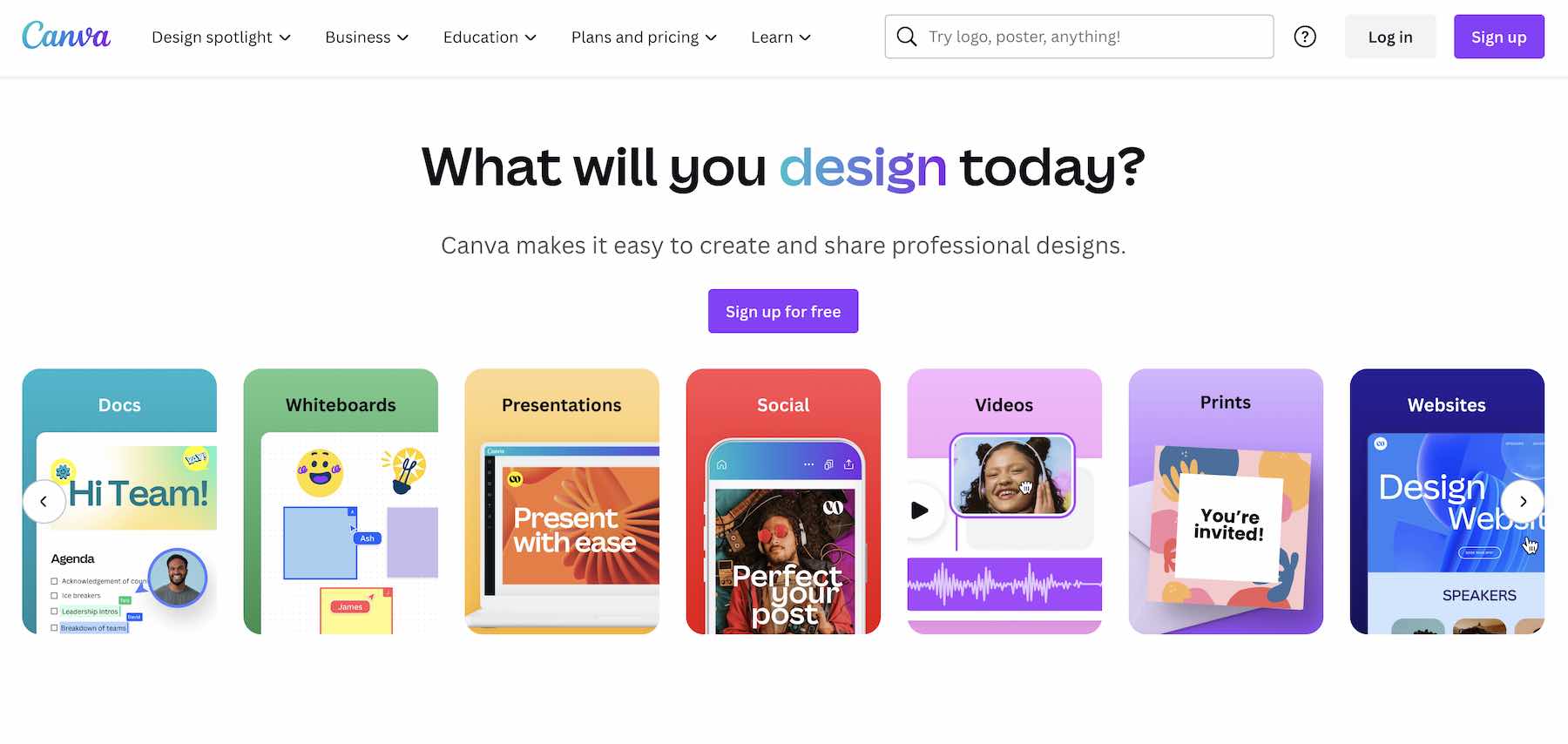
Canva is a graphic design software targeted to social media influencers and students. Not only can you create stylish presentations, but you can edit videos. Its trendy templates help grab attention and boost interactions. Therefore, it is user-friendly and great for beginners. With its easy drag-and-drop feature, even new computer users can quickly make designs for social media and slides. The free plan is sufficient for most users. But the pro plan is a worthy investment, offering premium templates that ensure your designs remain unique and stylish.
Key Features of Canva
- Extensive stock photos, graphics, and illustrations
- Intuitive drag-and-drop editor
- Extensive library of pre-designed templates and layouts.
- Custom fonts and color palettes
- Animation and GIF creation
- Logo creation tool
- AI-driven background removal and image enhancement
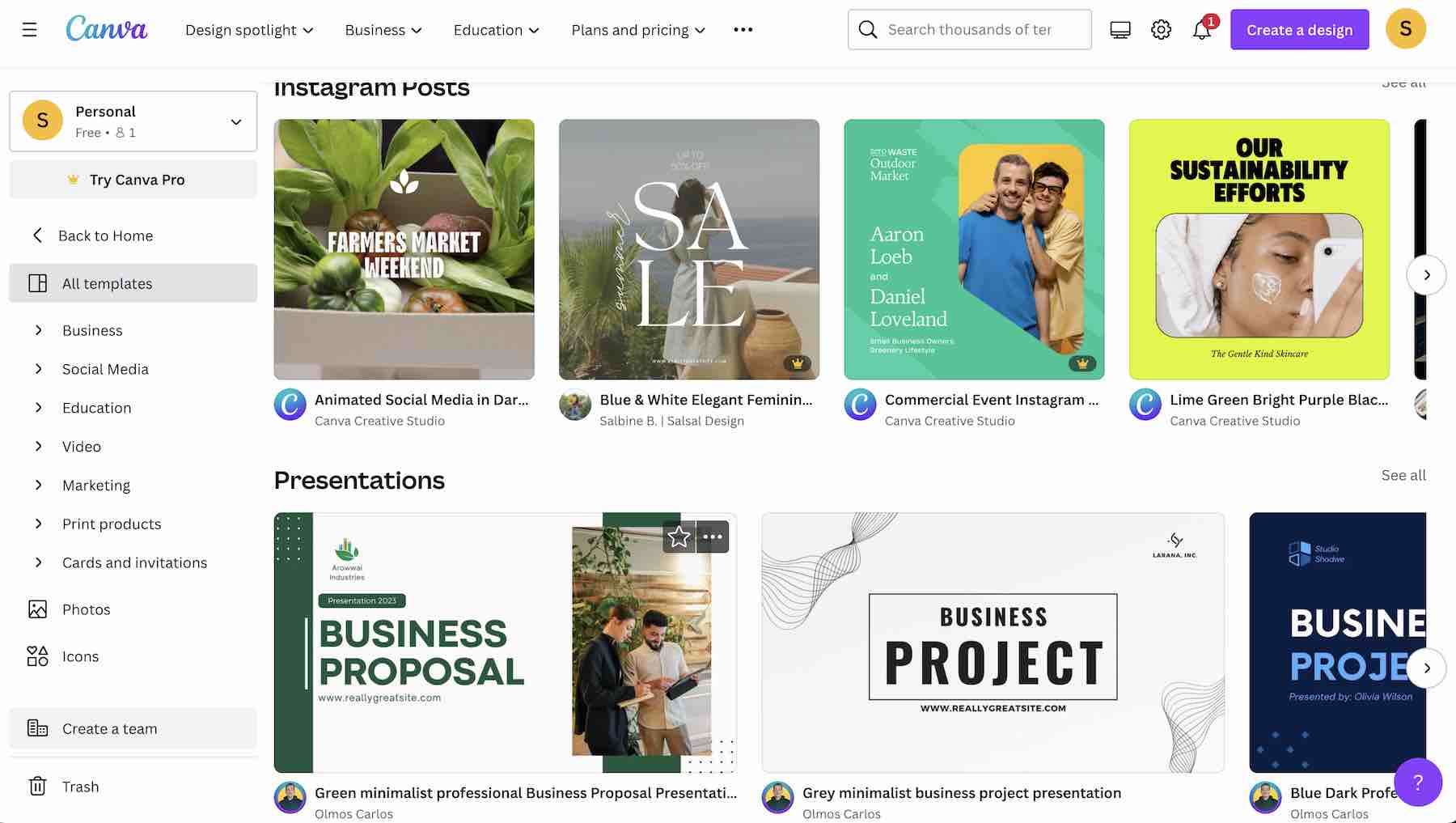
With Canva’s extensive template library, you’re never starting from scratch. They have templates for social media posts, posters, and even video templates for reels! Both designers and non-designers can use these templates for their day-to-day needs. In either case, your designs will look professional and attractive.
Best For: Canva is designed for small business owners, social media marketers, and non-designers looking for a quick and easy design solution. The platform offers a wide range of templates for everything from social media posts to presentations and business cards. With its drag-and-drop interface, Canva makes design accessible for those without specialized skills. It’s an excellent tool for creating visually appealing content on the fly without the need for extensive design experience. Whether you’re crafting marketing materials or personalizing a resume, Canva simplifies the design process.
Pricing: Popular free version available, with paid plans starting at $14.99/mo
12. Inkscape
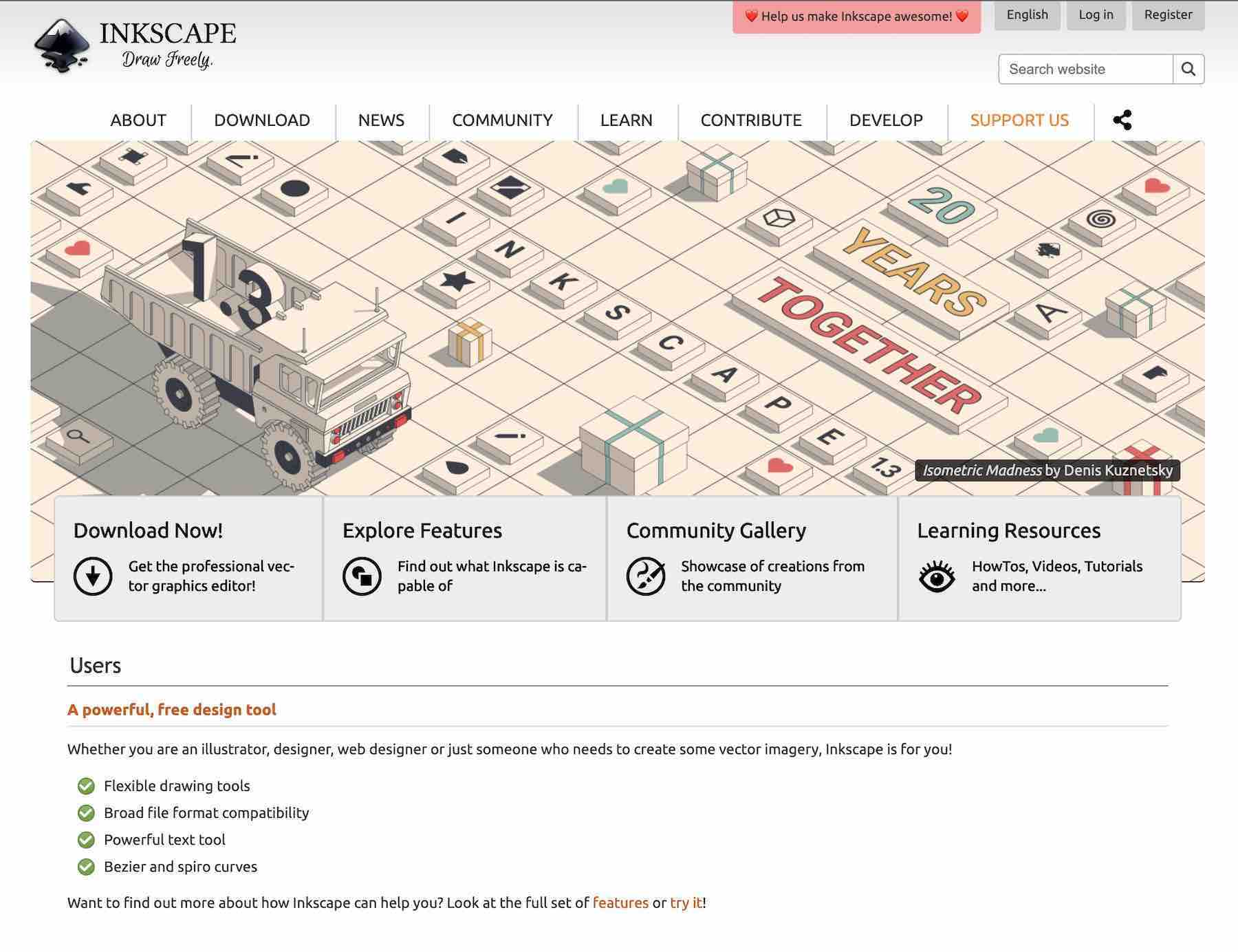
Inkscape mainly deals with vector graphics like Adobe Illustrator and Affinity Designer. However, its interface isn’t as intuitive. What sets Inkscape apart is its calligraphy tools, which work nicely with graphic tablets.
It offers features like path operations, node editing, and layering to craft detailed vector designs. While some find it slower than other vector tools, its free price tag makes it an attractive choice for many.
Key Features of Inkscape
- Comprehensive drawing tools
- Free and open-source
- Support for live linked clones and patterns
- Advanced node and path operations
- Text on an editable path
- Compatibility with all operating systems and vector file formats
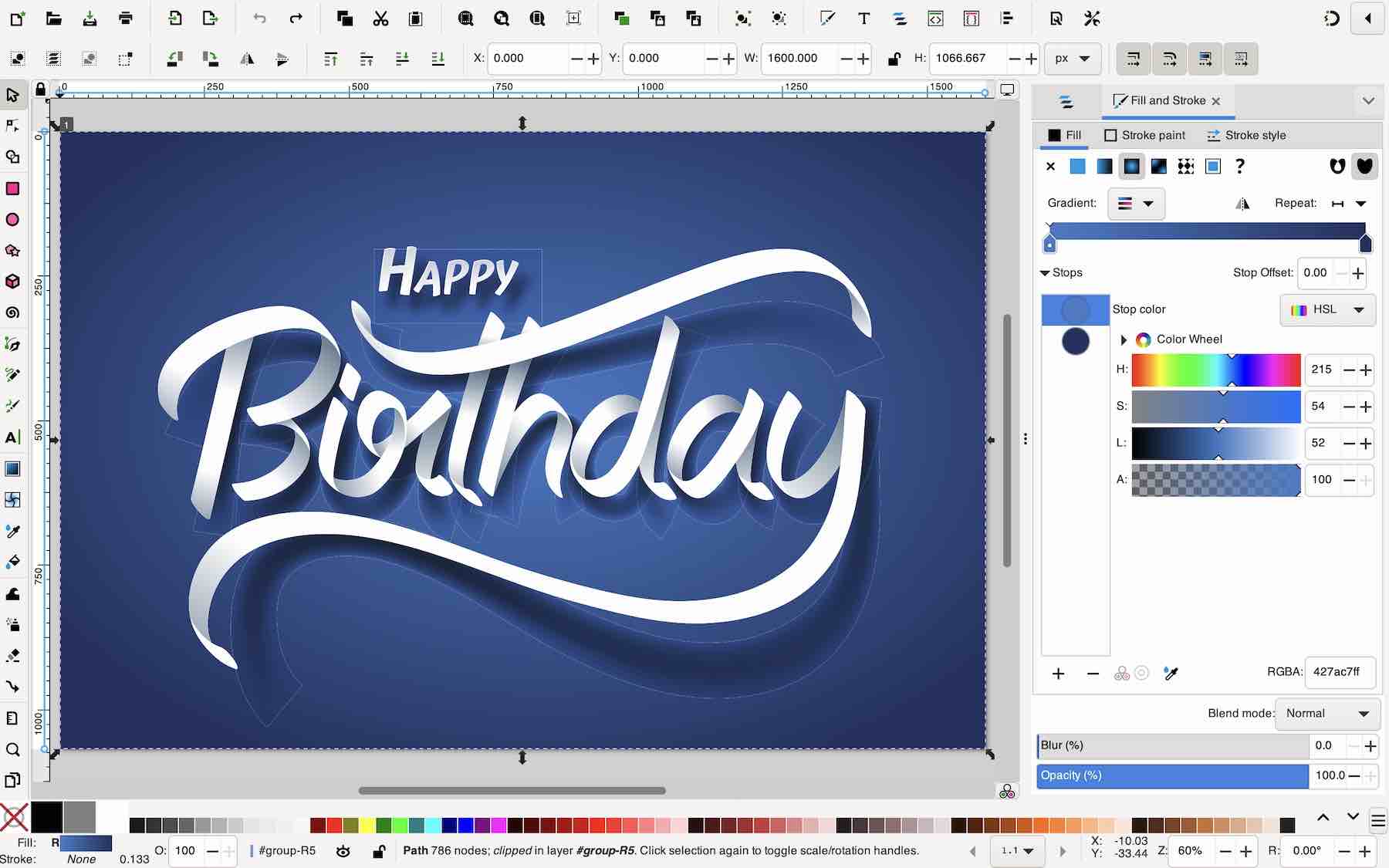
Inkscape’s calligraphy tool provides a classic writing feel to graphic tablet users. Not only does it work well with changing strokes, but it also offers customizable settings. With customizable profiles and custom brushes and tips, the process becomes even more interesting.
Best For: Inkscape is a strong fit for graphic designers, illustrators, and hobbyists who are looking for a cost-effective vector graphics solution. The tool is open-source and excels in creating scalable vector graphics, logos, and complex illustrations. It offers a range of features that can handle tasks from simple shapes to intricate designs, making it a versatile choice for those on a budget. If you’re seeking a no-cost alternative to premium vector design software, Inkscape provides a robust set of capabilities to meet your creative needs.
Pricing: Free
Graphic Design Software: Price Comparison
The price of graphic design software can greatly influence decisions, especially for beginners or large teams. For seasoned design teams, a high-end tool can boost productivity. However, it’s essential to balance the subscription cost with its advantages. Below is a price comparison table to help you select a tool that aligns with your budget.
| Rank | Design Software | Price | Free Option | |
|---|---|---|---|---|
| 🥇 | Adobe Illustrator | $20.99/mo | ❌ | Visit |
| 🥈 | Adobe Photoshop | $20.99/mo | ❌ | Visit |
| 🥉 | CorelDraw | $22.42/mo (paid yearly) | ❌ | Visit |
| 4 | Adobe InDesign | $20.99/mo | ❌ | Visit |
| 5 | GIMP | Free | ✔️ | Visit |
| 6 | Affinity Designer | $69.99 (one-time) | ❌ | Visit |
| 7 | Affinity Photo | $69.99 (one-time) | ❌ | Visit |
| 8 | Pixlr | $1.99/mo | ✔️ | Visit |
| 9 | Sketch | $12/mo | ❌ | Visit |
| 10 | Figma | $15/mo | ✔️ | Visit |
| 11 | Canva | $14.99/mo | ✔️ | Visit |
| 12 | Inkscape | Free | ✔️ | Visit |
What is the Best Graphic Design Software?
Adobe Illustrator has the most features and tools any vector artist can request. Its AI-based generative recoloring, font recognition, image tracing, and color theme extraction features make it the superior choice for illustrations.
Adobe Photoshop is the best graphic design software in the photo editing and manipulation category for its high-caliber algorithm for making pixel-perfect edits. The AI-powered content-aware fill, face-aware liquify, neural filters, and auto reframe features take its quality even further than no other software can offer in this category.
If you are looking for a worthy alternative to Adobe, CorelDRAW will not disappoint. Its graphic suite offers everything you need to design vector graphics, edit photos, and create page layouts for print media.
In conclusion, we will say that there are different software for different purposes that must match your needs and wants as well. So, start with one and see how it works out for you.

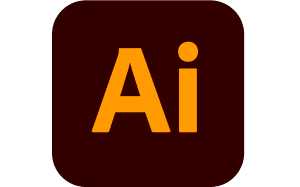

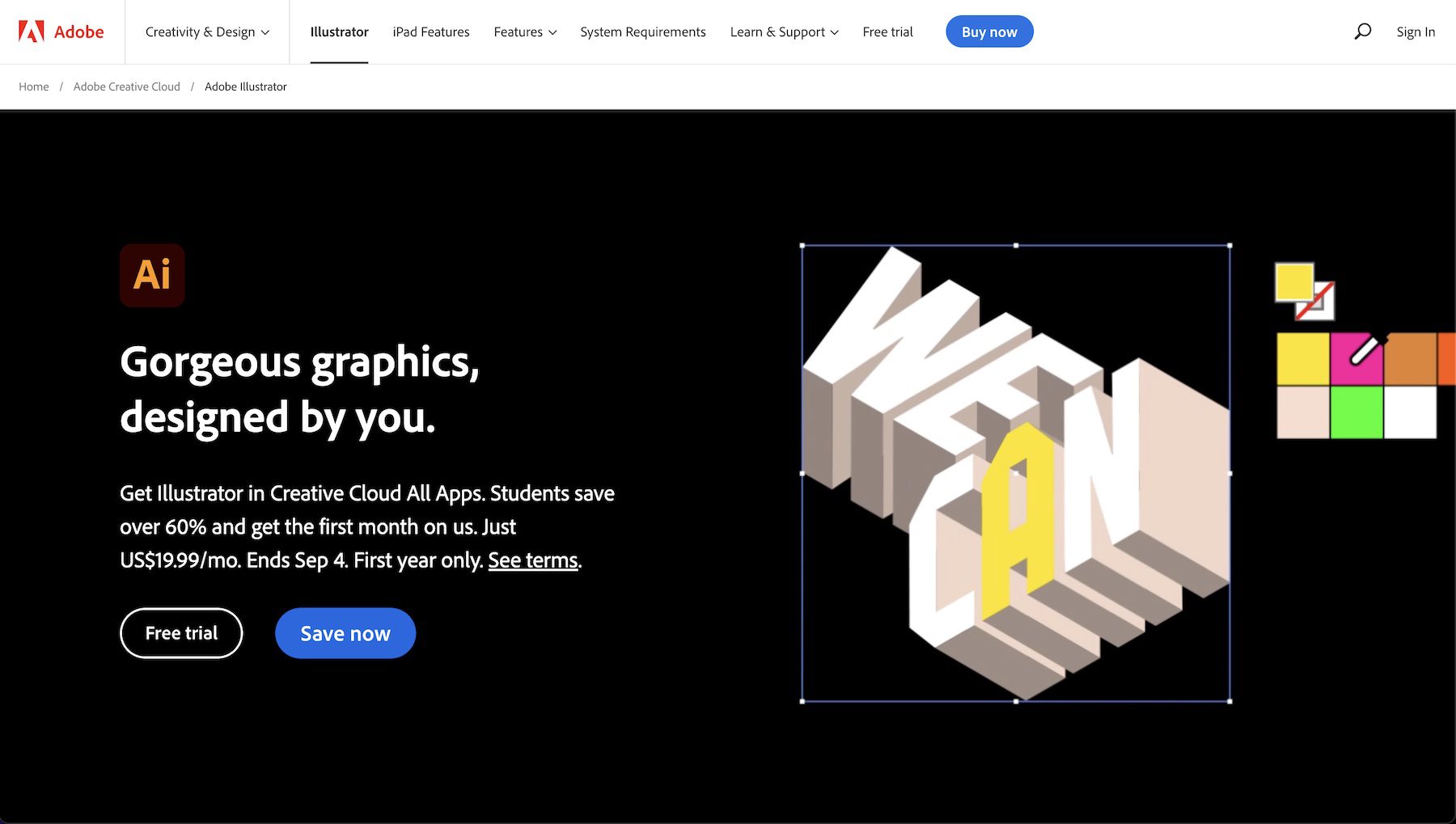
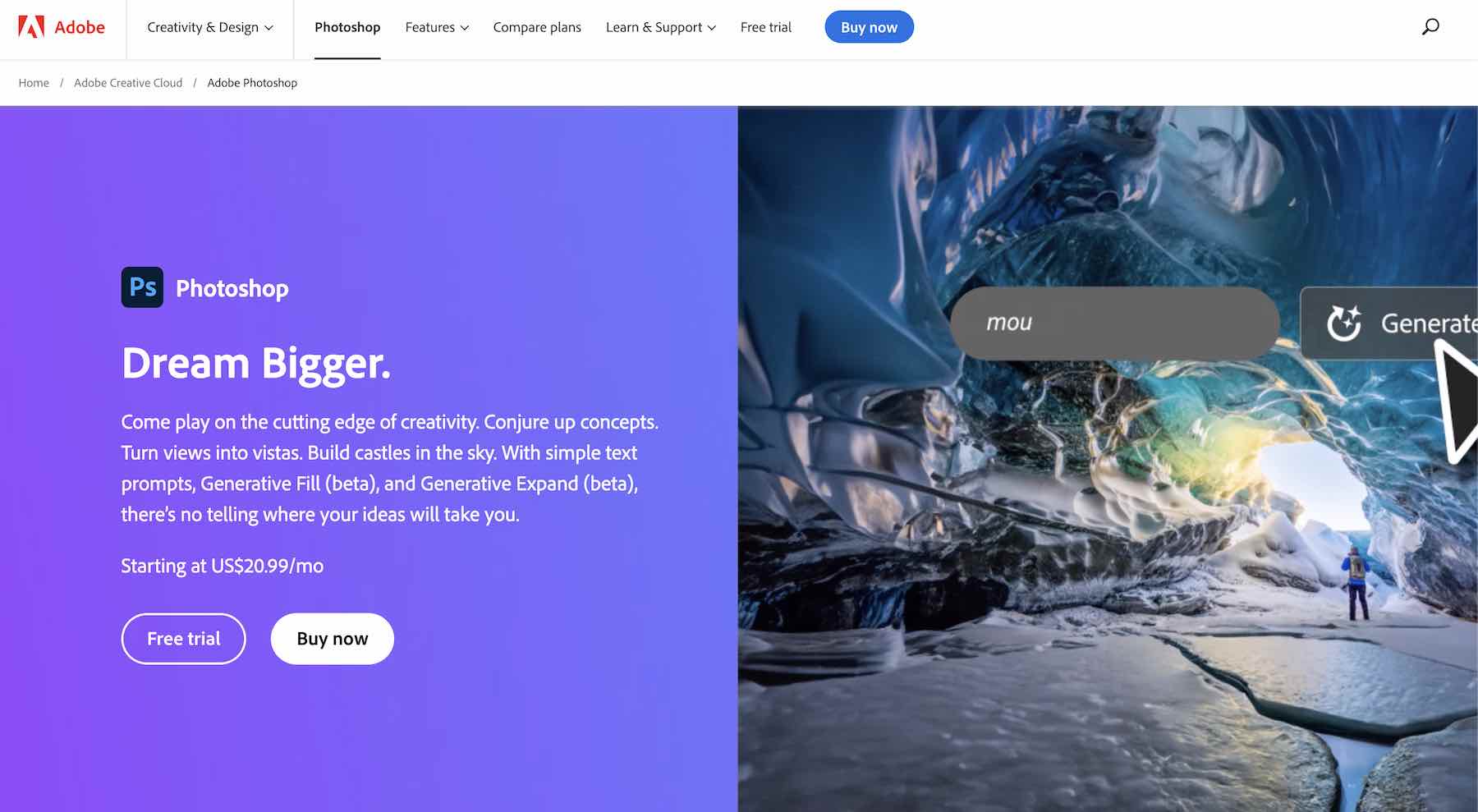
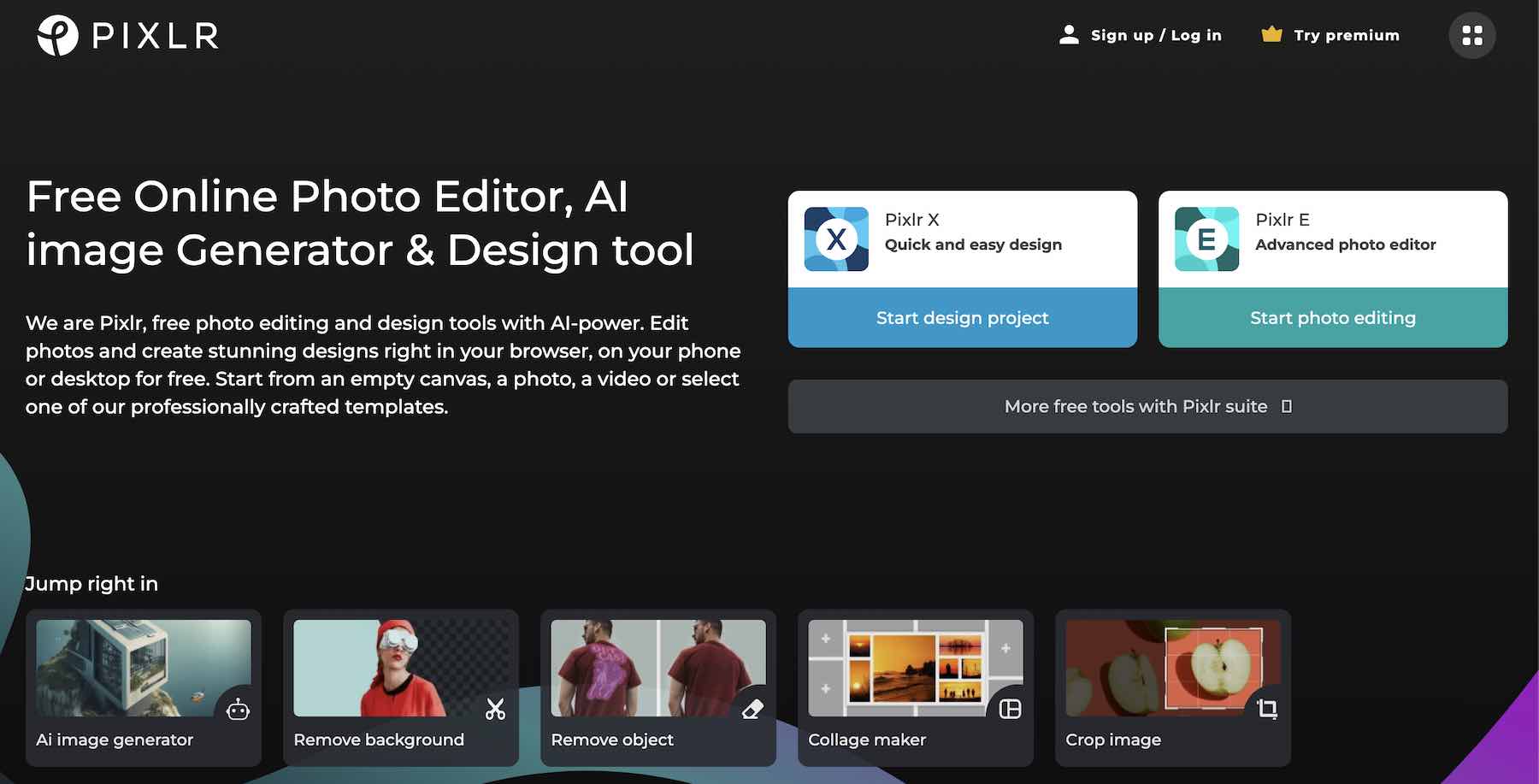
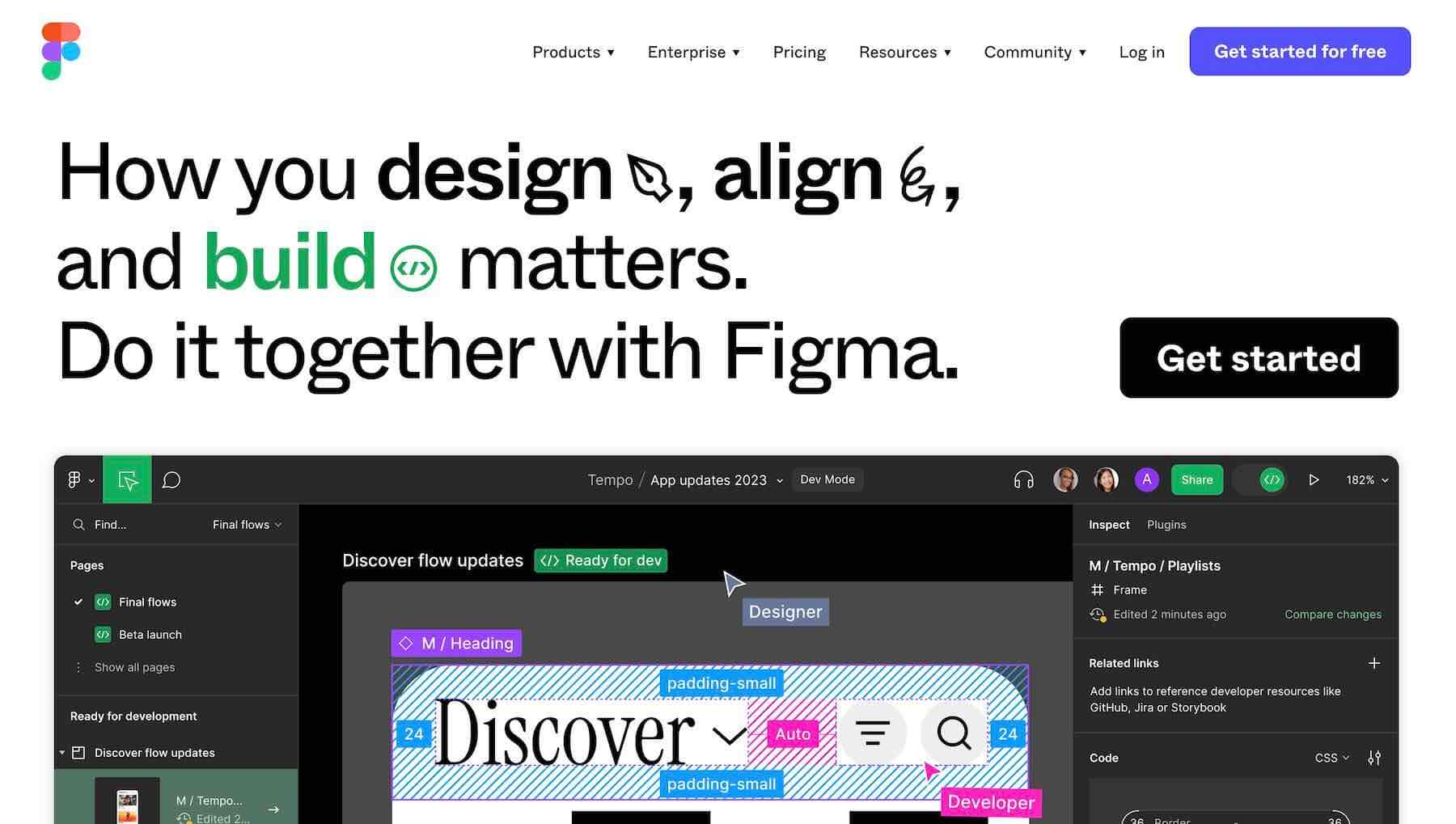




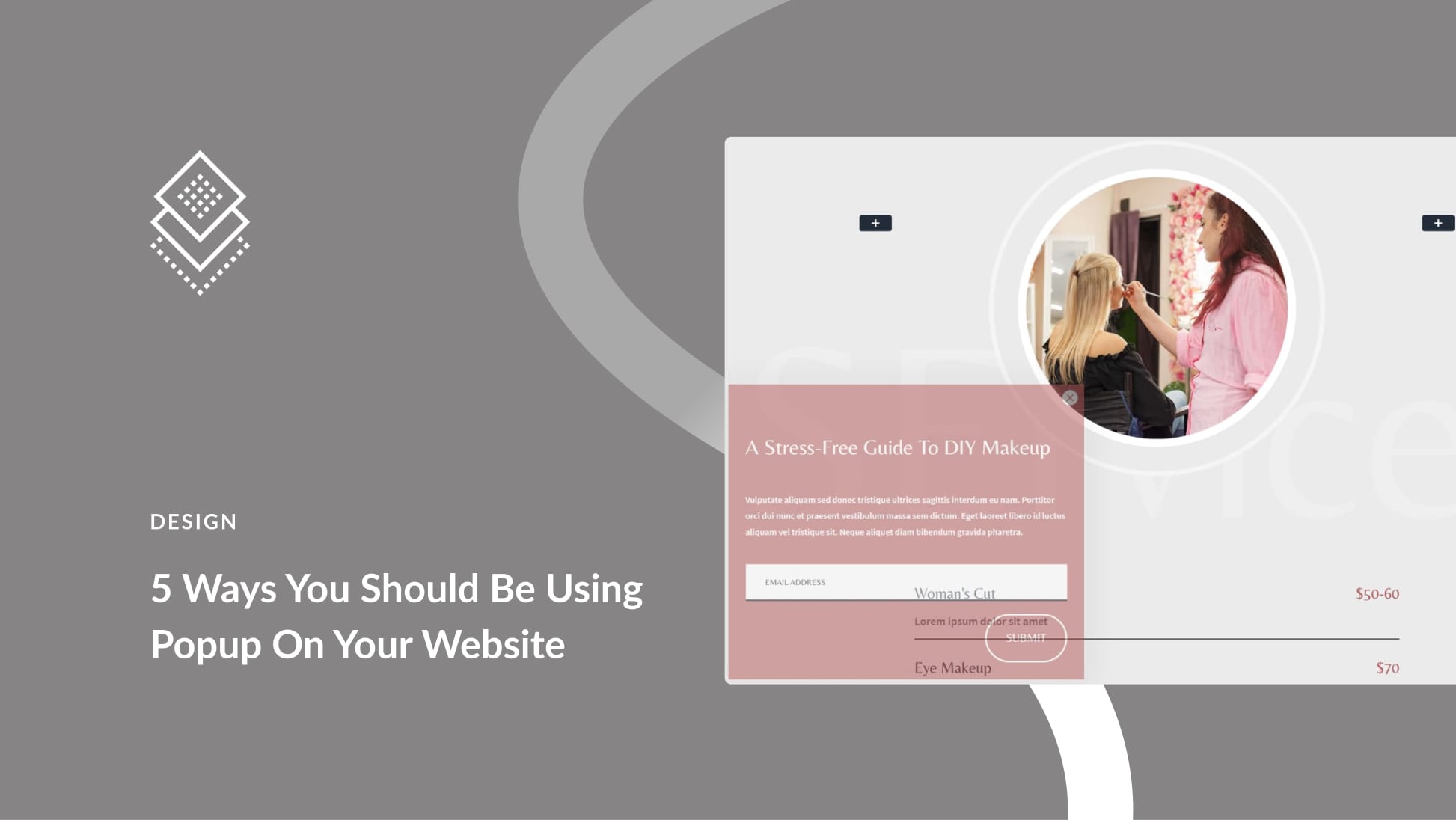
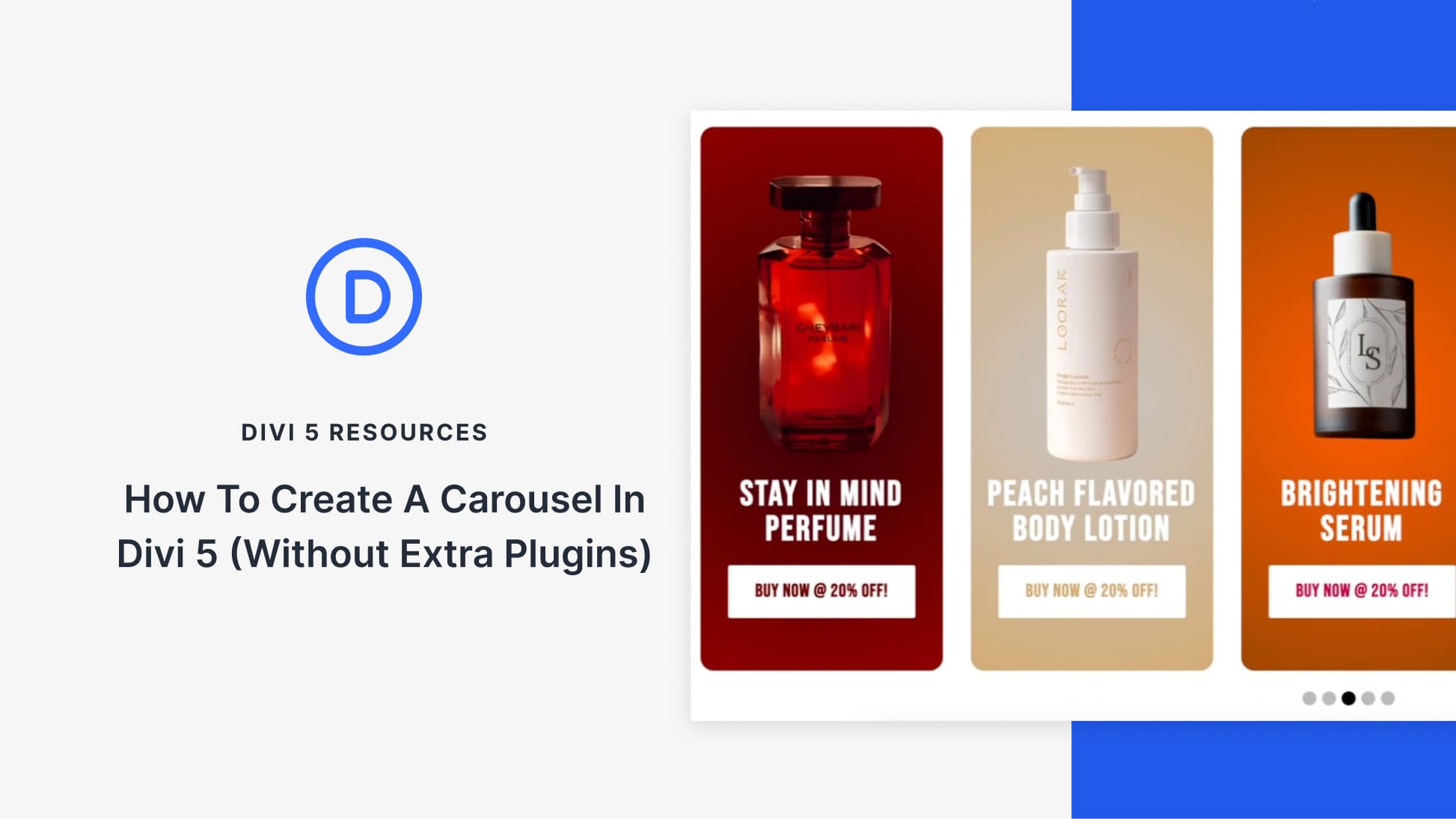
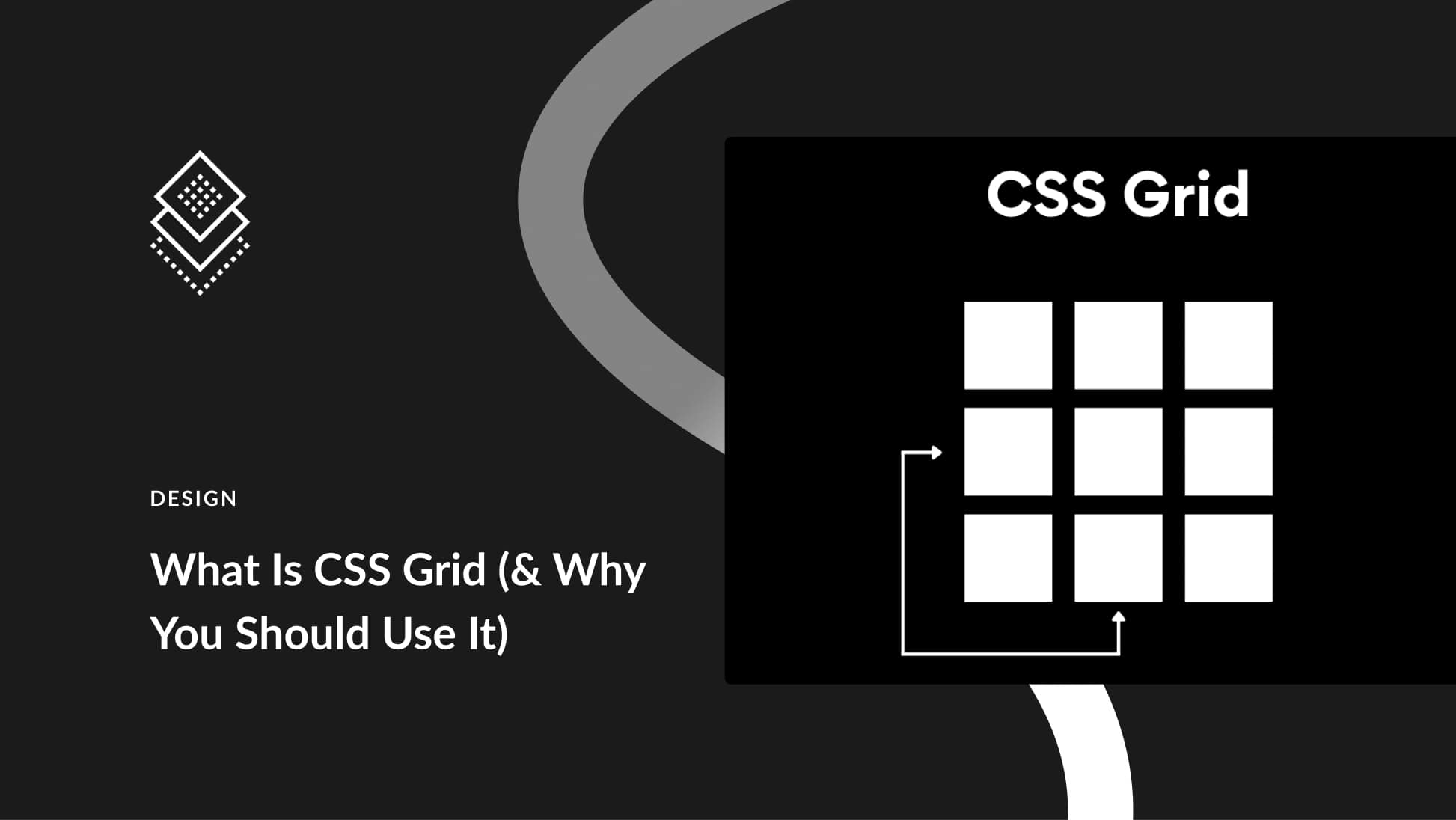
Leave A Reply